

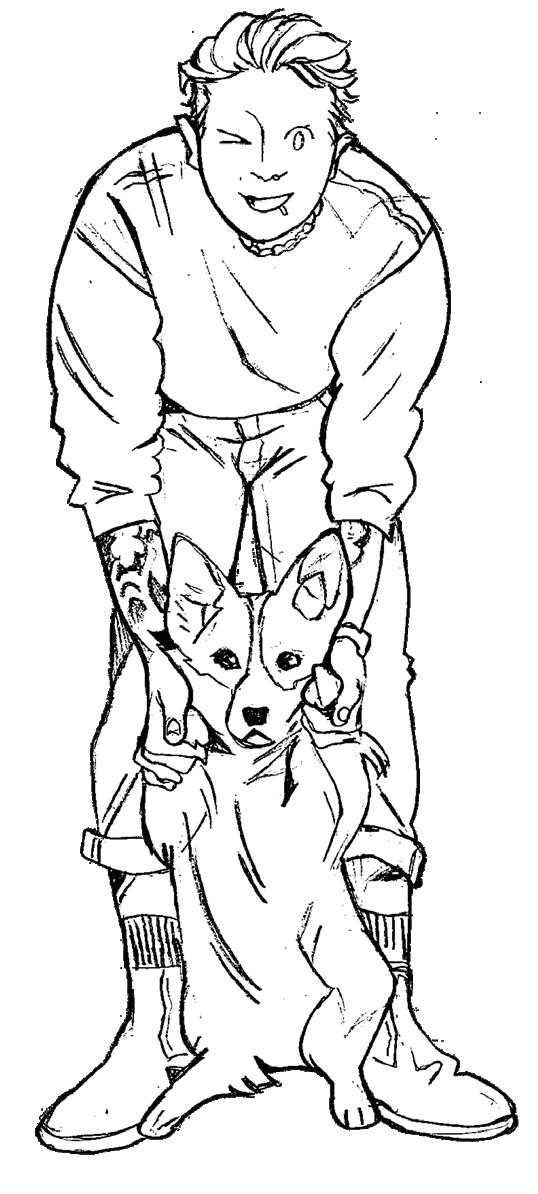




Welcome back! Here at Salient; we hope you had a great break, didn’t have too many freakouts about your assignments that were due the day after you’re back, and caught some sun in the whole two good days of weather that this city offered…Wellington… you can beat it, most days of the year.
Here at the office we’ve been working moderately hard to produce issues to end the year. We’re back to 40 pages bay-bee, we’ve brought our Podcasts back (scan the QR code on page 13 to access what our computer man Teddy’s been up to), and we’ve got some really talented new writers in this issue. We also have two crosswords, just as a little treat. Please visualise me kissing you gently on the forehead as you enjoy it, because you deserve it (and we have very talented crossword writers).
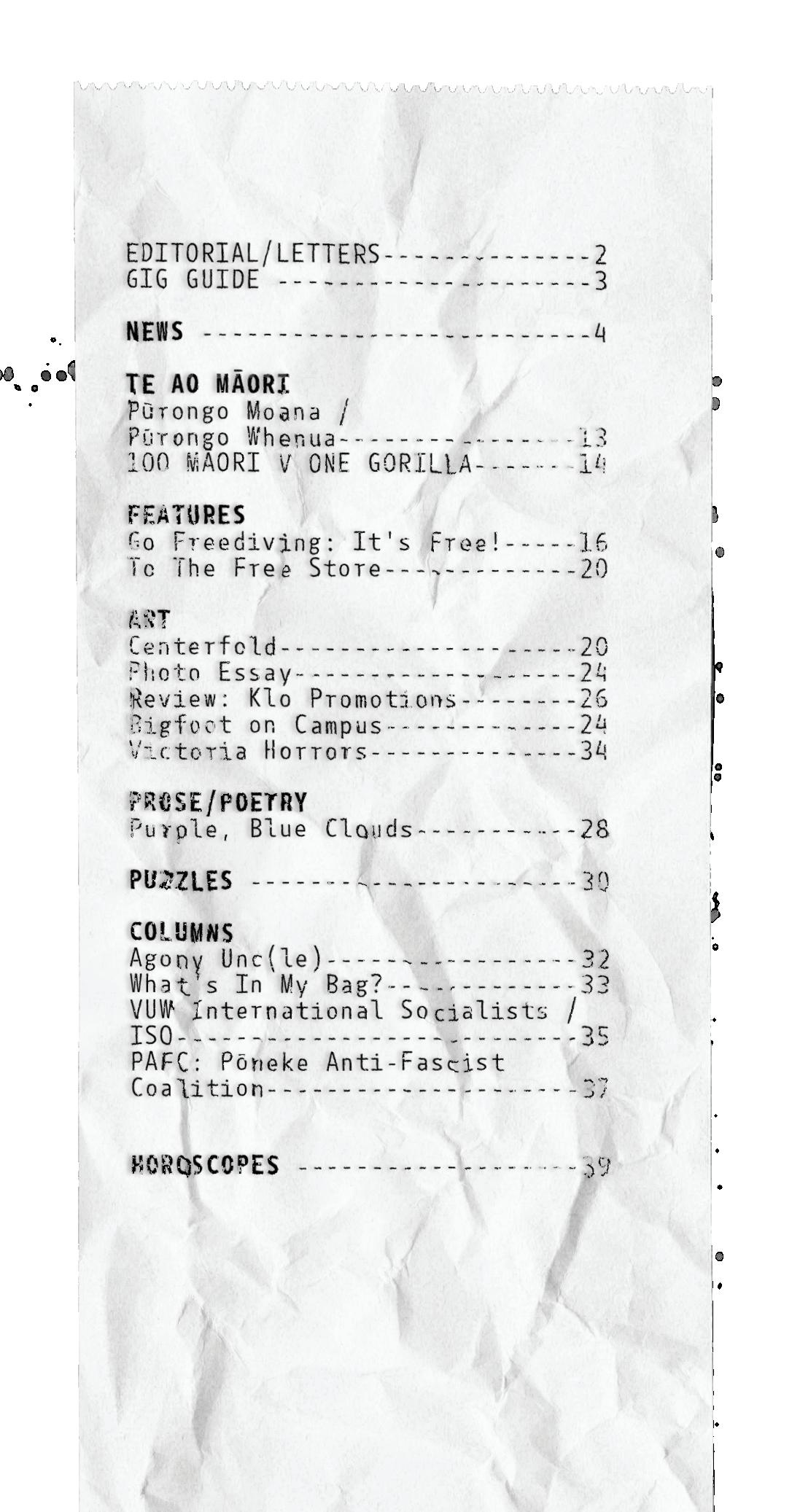
Not to slap our own backs, but this issue genuinely goes hard. We have: a three page investigation on Everton Hall’s mould problem; a two page investigation on VUWSA changing their voting system ahead of the upcoming exec elections; a beautiful piece from Marlena Chambers about Freediving; and a personal reflection on what the closure of the free-store means for both Angel Vic-Marie personally, and for the broader community.
In terms of art, Jim Higgs is back with his next edition of Bigfoot on Campus and we’ve gained an additional comic artist, Sophia Knoef, with a Victoria Horrors series. We have crosswords by both Holly Rowsell and Julia Corston and a photo essay from Tamanna Amin. It’s a stacked issue; I hope that you enjoy it as much as we have enjoyed working with our contributors and putting it all together.
Personally, I would suggest sitting down by the tuatara enclosure, getting yourself a sweet treat from a vending machine or one of our cafes, and reading this issue cover to cover. I promise it is worth your time.

By Phoebe Robertson

Time: Tuesday 7:30pm location: MooN
rock up to MooN for pizzas, beer, and your moment in the spotlight—with talented musos on hand to help out. Night wraps up with a jam session.
Time: Wednesday 7:30pm location: Meow
longtime staple of the NZ music scene lawrence arabia has been cooking away at some new material, to be debuted for your very own ears, this Weds at Meow.
Time: Thursday 6:15pm location: 2/57 Willis Street
Pōneke radical Film Club is screening a series of Palestinian films every week; proceeds go to The Sameer Project, a mutual aid group in Gaza. This week is 2024’s crucial The Last Sky, detailing the essential context behind Palestinian armed resistance.
F.A.M. Meets Chef's Kiss With Rubi Du
Time: Saturday 8pm location: Havana Bar
the cozy and iconic Havana Bar will become a dancefloor this Saturday— three legendary dJs on the decks for a night of house, dancehall, funk, hiphop and more. $10 on the door.
Sunday Jazz: Honey Boulton (FREE!)
Time: Sunday 5pm location: rogue and Vagabond
Catch some sun at Rogue’s regular Sunday afternoon jazz. this Sunday Honey Boulton is back from london to show us his brand new material, with key influences ranging from Toshiko Akiyoshi to Charlie Parker. Kick back.
Eyegum
Wednesdays (FREE!)
Time: Wednesday 8pm location: San Fran
Attend a veritable institution this Weds for a free triple-bill, affordable beers, and the smoking balcony of your dreams. day Moon provide seven-piece funky fun, Fine Wine Social Club: modern soul/jazz/reggae.
WCC
Time: Wednesday 6pm location: St andrews on the terrace
the living Wage movement needs YoUr help! they’re pushing to keep WCC a living wage employer, and backing Unions Wellington's call to insource council services. Register online!
Warehouse Rave Ft. Coki
Time: Friday 8pm-2am location: Secret (tba)
Five legendary dJs—CoKi, BaBEtECH, dUSt Y, Support Your local, and Young Gho$t—will hold down the decks for an unforgettable warehouse rave in the central city. location announced on the day, to ticketholders.
Great Sounds Great Festival ‘25
Time: Saturday 4pm-3am location: Everywhere!!!! (Cuba Precinct)
40 artists. 10 venues. one utterly immense night. This Sat the Cuba Precinct will become one big music and arts festival. Incredible artists, poets, live-scored cinema, and more. A big ole party. tix on eyegum.co.nz
Slow Revolution II
Time: Sunday 6pm location: MooN
Join three of the chillest musicians in existence as they render ‘kicking back on a Sunday’ the art form it truly is. Casual Healing, Simloco, and Hanwho will take the reins for a truly calming Sunday evening.
EDITOR
Phoebe Robertson (Acting)
TE AO MĀORI EDITOR
Taipari Taua
NEWS EDITOR
dan Moskovitz
NEWS WRITER
darcy lawrey
MUSIC EDITOR
Jia Sharma
SUB-EDITOR
Henry Broadbent
COLUMN EDITOR
Georgia Wearing
DESIGNER
Cal Ma
JUNIOR DESIGNER
Nate Murray
FEATURE WRITER
Te Urukeiha Tuhua
SOCIAL MEDIA MANAGER
teddy o’Neill
NEWS WRITER/POLITICAL CARTOONIST
Walter Zamalis
CONTRIBUTING WRITERS
Ryan Cleland
Saad Aamir
Guy van Egmond
CONTRIBUTING CARTOONISTS
Jim Higgs
Sophia Knoef
CROSSWORD CONTRIBUTORS
Julia Corston
Nil
Holly Rowsell
CENTERFOLD
Grace Clark
DISTRIBUTION
Saad Aamir

ADVERTISING SALES
advertising@vuwsa.org.nz
READ ONLINE salient.org.nz
issuu.com/salientmagazine
GET IN TOUCH
editor@salient.org.nz
Instagram/salientgram tweet/salientmagazine
Facebook/Salient
LETTERS
Got something to say about the magazine? Want it published? editor@salient.org.nz
Salient is published by, but remains editorially independent from, the Victoria University of Wellington Students Association (VUWSA). Salient is funded in part by VUWSA through the Student Services levy. Salient is a member of the Aotearoa Student Press Association (ASPA).
Complaints regarding the material published in Salient should first be brought to the VUWSa CEo in writing (ceo@vuwsa.org.nz). ideally, by motorcycle. A letter can also be sent to the editor, for their response/publication in the magazine. if not satisfied with the response, complaints should be directed to the Media Council (info@mediacouncil.org.nz).
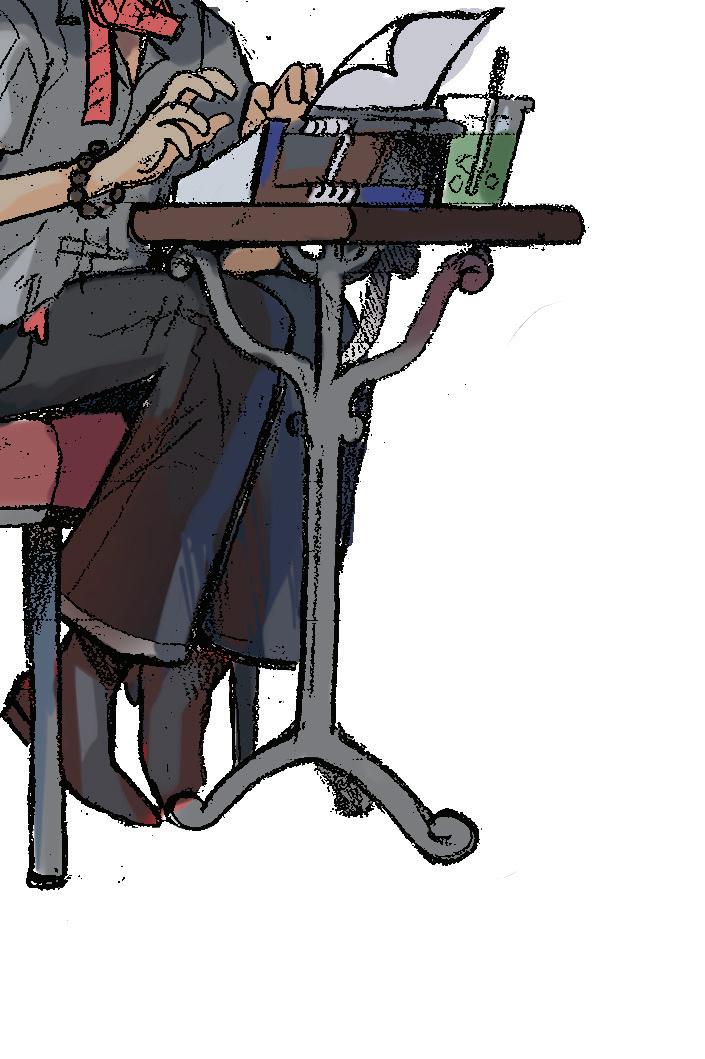

Hello,
I am writing to address some of the claims that a recent article, “liver support for the modern student”, made in the most recent edition of the Salient (issue 17). It might be well intentioned but I believe that this article needed more research, especially since binge drinking is a big health problem in Aotearoa.
Claim 1: “Both products work by breaking down alcohol more efficiently”
This is a very generic statement that doesn’t actually reflect the current body of science behind these supplements. These two supplements work completely differently.
Hundy does not actually promise to cure a hangover, it uses a formula that notably contains dihydromyricetin, a plant-derived compound. The claim that dihydromyricetin affects rates of alcohol absorption is not substantiated. Most studies have been done on rats or mice, not humans. There is no peer-reviewed human data on whether this actually works or is safe. There is a general lack of efficacy for dihydromyricetin, with studies actively failing to find a basic effect of dihydromyricetin on ethanol metabolism.
Myrkl on the other hand is a probiotic supplement which works by reducing how much alcohol is absorbed by your bloodstream and doesn’t just ‘prevent a hangover’ (questionable) but prevents you from feeling drunk. It breaks down alcohol to turn it into water and carbon dioxide. The statement from the article probably best reflects Myrkl instead of Hundy.
Claim 2: “Helping to reduce the longterm effects of alcohol”
I believe this is the most harmful claim because it completely misrepresents how these supplements work and minimises the effect alcohol will have on your body.
There is an inherent harm in these supplements and exactly like these, because it makes people believe that if they take this supplement they can avoid or reduce the damage that alcohol does. Myrkl will not eliminate the damage that excessive alcohol consumption has on your liver. The only evidence to support Myrkl’s efficacy (done on amount of alcohol consumption NOT on hangovers or liver damage) was done on 24 young white adults where the results varied between people. It also doesn’t reveal the impacts for those who are not young, healthy, white or male.
Also a reminder that a hangover is a way for your body to communicate to you that you have had too much to drink. Even if the hangover cure works, you have still done damage to your body, except now you don’t know it.
Claim 3: “These natural liver supplements are designed to aid detoxification and recovery”
Not much to say except that this is very misinformed. Neither of these supplements help liver function, Hundy has limited science to prove efficacy and either way isn’t designed to help liver function, and Myrkl is made of probiotics (gut bacteria designed to be placed in your intestinal tract). detoxification is a medical buzzword, dihydromyricetin does not metabolise alcohol and I guess Myrkl metabolises it in your intestinal tract (to an extent, because most of the alcohol you consume is metabolised in your liver), if you wish to call this “detoxification” go for it but I’d argue is a bit misleading.
Claim 4: “Helping to reduce...the dreaded hangover”
Not going to labour the point that Hundy has limited scientific evidence, just focussing on Myrkl. let’s go back to the study
of 24 young healthy adult males that Myrkl bases its entire brand on. This study found the participants had “a substantial reduction of alcohol absorption into the blood”, they didn’t actually test for hangover or not. To put it simply, the conclusion they pulled from this is this supplement reduces alcohol consumption and thus reduces hangover. Wrong! You get less hungover because you are absorbing less alcohol. Unfortunately, this is not how their consumer sees it. They see it as a way to drink as much as they can and manage to wriggle their way out of a fact of life. To put this in student terms, Myrkl makes you spend more money on alcohol to get drunk because it makes you get drunk slower. Furthermore, it doesn’t even properly reduce hangover effects. Your liver will still produce aldehyde from metabolising alcohol, which contributes to hangover symptoms. Alcohol will still dehydrate you thus giving you a headache, sore stomach and nausea. And around 90% of alcohol is metabolised in the liver, not the gut, so these probiotics to help gut metabolism won’t even fully metabolise the alcohol!
Conclusion
Not sure how this small article got published with such limited research into how these supplements work. It’s misleading, misinformed and potentially will lead to worse health outcomes. I understand that students drink, I also drink a decent amount on a good night out. But drinking comes with a consequence, because whether we want to face the truth or not, alcohol is poison for our body. You will not reduce the long-term effects of alcohol, and you might not even reduce the short-term effects. If this has worked for you, it could be placebo, or it could be that you have simply reduced the amount of alcohol you’ve consumed. Even worse, you might be spending more money to get the same amount of drunk... potentially the greatest sin of all.
Alex (they/them).
P.S. I understand this is pretty long but I would like this to get published to some extent in the next or upcoming editions of the salient, considering the information in your article is bordering on misinformation. Alcohol was found to be the cause of approx 900 deaths, 1250 cancers, 29,282 hospitalisations, and 128,963 ACC claims in 2018.
Add: I’d like to point out that after further research I have discovered where the claims come from. Most have been taken from Hundy’s website where they say “Hundy’s unique formula supports liver function including the natural processes of detoxification and recovery”. This is just a wider issue surrounding supplements.. they claim it will “support” these functions and that’s because your body does it by itself. The supplement does not do anything your liver does, notably metabolise alcohol.
It also claims to be inspired by Chinese herbal practice. I’m not here to dismiss anyone’s cultural remedy but this type of information should be disclosed in an article, including that there is limited research to back this.
Also their website doesn’t actually mention the word “hangover” or claim it can cure it, because this would be an infringement of New Zealand’s Medical Act. Independent studies have also not investigated Hundy, just the ingredient dihydromyricetin. don’t want to be too negative, just providing insight into possibly why the author came to these assumptions. It’s not exactly their fault per se, these companies make their information purposefully misleading. That being said it probably warranted more research to be published in a student newspaper.
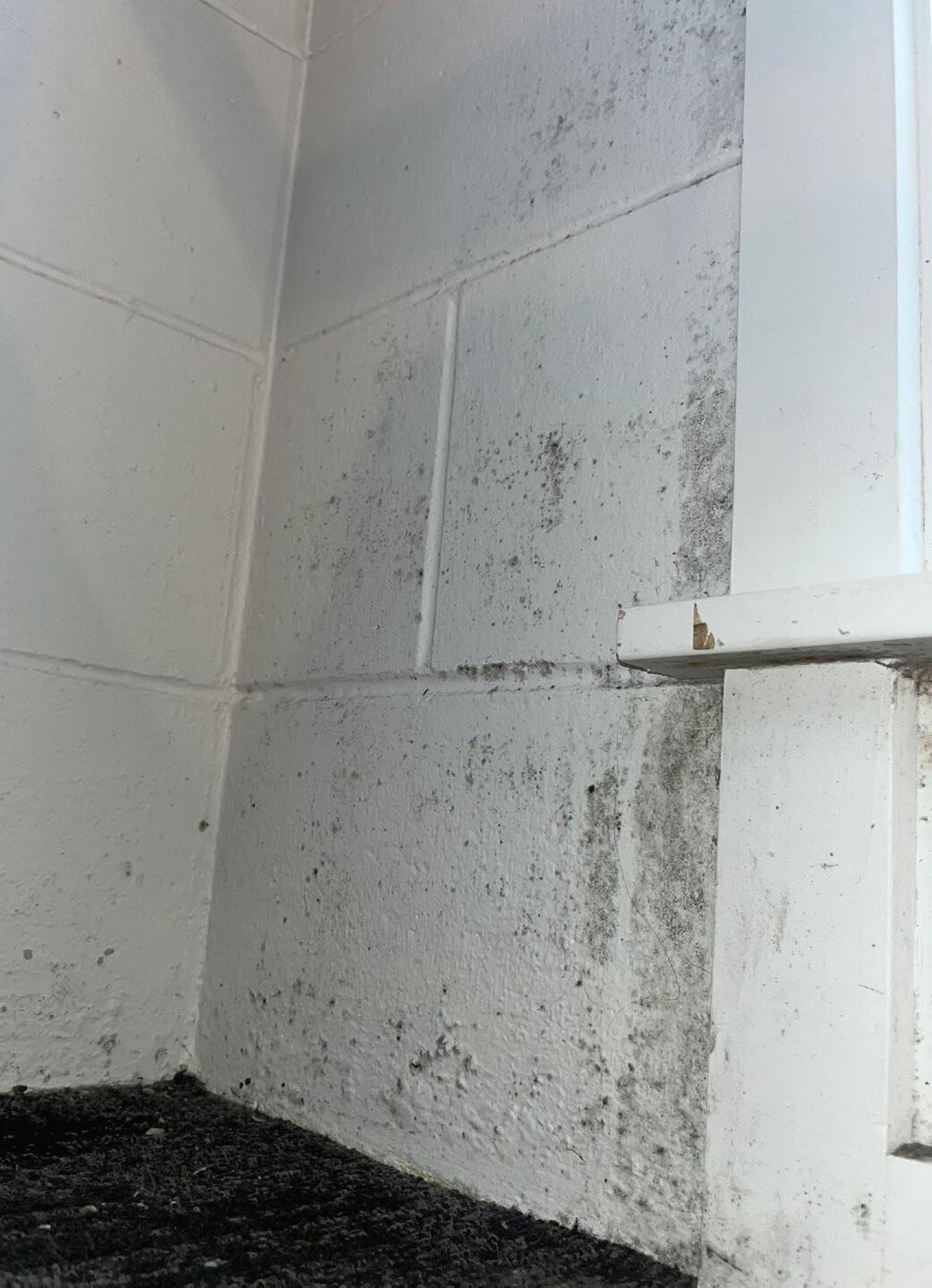

Content Warning: Student Death
Phoebe Robertson (she/her)
the first thing delah Varnon-Welch noticed when she unlocked the door to her new flat at Everton Hall was the smell.
It wasn’t the faint, musty tang of damp laundry or a window left closed. It was heavy, sour, the kind of staleness that clings to walls. By the time she had set down her bags on June 27, she had already seen mould streaking the kitchen walls and floor, and a yellow film spread across the shower floor and sink. Within days, she was coughing, sneezing, and unable to sleep. By the end of the month she was vomiting, fainting, and covered in rashes.
What she would later describe as “not how I expected my first trimester to go at all” had already become a fight to breathe.
delah, an international student studying environmental science and ecology, arrived in New Zealand this winter after falling in love with the country during a previous working holiday. She had planned to move to Wellington for trimester one, but ultimately decided to spend more time with her family in oregon and push the move to trimester two.
In the meantime, she had taken a silver single at Everton Hall, paying $330 a week under a onetrimester contract that carried a 15 percent rent increase. She had already paid the bond—about $875—along with a July 4 installment of $1,330 and another $1,320 due August 1. Bank records dated to June 9 confirmed the payments so far.
Instead of the fresh start she had anticipated, she found herself scrubbing black mould off her bedroom walls with a chemical spray called Mouldoff, her skin erupting in hives.
Emails shared with Salient show that within the first week of her stay, delah and her flatmates raised concerns with their hall managers. They asked for a dehumidifier, pointed out the damp smell, and reported mould spreading behind furniture. The response? a can of spray, a suggestion to clean it herself, and a wait of more than three weeks before professional cleaners were dispatched. It was the same length of time before she was provided with a dehumidifier by the halls.


In an interview with Salient, delah described a phone call from the Head of Hall that left her shaken. After she reported worsening symptoms, she was told the problem might be her immune system, that perhaps she was sensitive to mould. “It was disheartening,” she said. “I told them the flat was mouldy from the very first week. I was told to clean it better.”
By then, her symptoms had escalated to violent vomiting, coughing and congestion, fainting, and difficulty concentrating. Poison Control advised her to leave the room immediately. on July 28, just a month after moving in, she abandoned Everton Hall altogether. a doctor at Mauri ora provided her with a note that same day, which she later shared with Salient. It recorded “numerous symptoms possibly related to household mould exposure,” including fatigue, itchy rashes, sneezing, sinusitis and allergic rhinitis, coughing, and gastrointestinal issues. The doctor confirmed their support for delah—and for anyone else living in the apartment—to move out and seek alternative accommodation, with suitable compensation, until the situation was resolved.
Internal correspondence obtained by Salient shows that university staff debated how to handle her complaint. A draft response from the Associate
director of University accommodation stated that “delah’s actions or inactions contributed to the mould growth in her room,” citing rubbish behind her bed and insufficient ventilation. delah rejects this characterisation, saying there was no rubbish behind her bed and that the mould developed regardless of her actions.
The proposed resolution was partial: a 50 percent refund of rent from the date the hall acknowledged the mould, release from her contract, and return of her bond.
delah rejected the offer. through VUWSa advocate Becky Cody, she wrote that the mould was visible upon moving in, that her early requests for help were dismissed, and that the scale of regrowth suggested a structural issue rather than student behaviour. She asked for a full refund, accountability for health and safety failings, and—crucially—better protections for international students.
When Salient approached the university for comment on the state of the Everton Hall flats, a University spokesperson said they “care about the health and wellbeing of our residents” and were “actively working with the student to address the concerns raised.” They declined to provide further detail while the process was ongoing.
The spokesperson also stressed that students in independent halls are responsible for cleaning and ventilating their own rooms and common areas, and noted that the University is “reviewing the processes in place for when a student moves into an existing flat with flatmates who already live in the property.”
delah disagreed with the university’s assessment of her living conditions. From her first week at Everton Hall, she took ventilation and cleanliness seriously—opening windows daily in both her bedroom and shared spaces to improve airflow, and drying damp surfaces. But despite her efforts, the mould remained rampant, spreading across walls and behind furniture.
a meeting between delah, her advocate, and the Head of Hall took place at 10am on Thursday 28 august. at the meeting, delah was offered—and accepted—a full refund for her bond and rent from the University.
delah and her advocate described the situation in prior emails as “particularly disheartening that action only occurred once delah’s health deteriorated—a reactive rather than preventative approach.”
Unlike domestic students, international students arrive with little context about New Zealand’s notoriously damp housing stock. They are less likely to have family nearby to advocate for them. They often invest extraordinary sums of tens of thousands in tuition fees, travel costs, and rent—in the hope of a safe, stable education.
Yet, as delah’s experience shows, when things go wrong, the response can be piecemeal and slow. She recalls waking up one night with her throat raspy and her chest tight. “I called poison control because I didn’t know what else to do,” she said. “They told me to get out immediately.”
For an international student, “getting out” doesn’t come easily. Rent is prepaid in installments. Contracts carry penalties. There are fears of jeopardising visas if accommodation is disrupted. delah felt trapped. “it opened my eyes to how international students are not treated fairly here,” she said.
She considers herself fortunate to have already known people in New Zealand from an earlier stay. “Most international students don’t have any contacts here if they get sick,” she explained. Even with that support, she admits she had little idea of her rights. A friend, Florrie, and her family helped guide her through the process, introducing her to VUWSA. “It’s unfair that students who are just here on exchange have to spend their time fighting an institution that doesn’t acknowledge them,” she said. “If I hadn’t known Florrie and her family, it would have been a lot harder to navigate this whole situation.”
The emails also reveal a troubling discrepancy between what students reported and how those reports were documented.
When staff later reviewed her move-in inspection form, they noted no mould was recorded at the time. Yet delah insists the musty smell was immediate, that mould was visible in the kitchen and bathroom from day one. “We cleaned it ourselves when we moved in,” she explained.
This gap between student testimony and institutional record-keeping raises bigger questions: How many other students have experienced unsafe housing conditions that were quietly attributed to “lack of ventilation” or “student hygiene”? How many complaints are brushed away until a health crisis forces action?
The university insists in emails that it acted quickly once formally notified. But for delah, the distinction between “informal” and “formal” complaints is meaningless when her health collapsed within weeks.
“I made such a commitment—being away from family and home to study here for the entire university programme,” she said. “I thought I didn’t have to worry about housing, because the accommodation was owned by the university. That’s why this has been so disheartening.”
She has since moved into a private flat, where her symptoms eased within days. She continues her studies, though she says the experience has left her determined to advocate for others. “In so many ways it feels like an abuse of power,” she reflected. “Mostly from the halls, but also the university as a whole. I don’t want other international students to be treated like this.”
What delah didn’t know when she signed her contract is that students in halls of residence don’t have the same rights as renters in private flats. Because university-run accommodation is exempt from the Residential Tenancies Act, she had no recourse to the Tenancy Tribunal and none of the protections covered by the Healthy Homes Standards. Instead, disputes are managed through internal complaints systems and pastoral care codes—processes that rely heavily on the same institutions that own the halls to investigate themselves.
This gap in the law has already had devastating consequences. In 2019, the death of 19-yearold Mason Pendrous at Canterbury University’s Sonoda Hall exposed just how little oversight existed. His body lay undiscovered in his room for weeks, sparking public outrage and a law change. In the aftermath, Parliament rushed through the Education (Pastoral Care) Amendment Bill, introducing a mandatory code of practice for student accommodation and financial penalties for breaches. But even then, the reforms stopped short of granting students full tenancy rights.
Together, these examples reveal a troubling reality: when students in halls suffer harm—whether from unsafe conditions, neglect, or mistreatment—they are caught in a legal grey zone. Unlike private renters, they cannot turn to the Tenancy Tribunal. Unlike most consumers, they cannot easily escalate to independent regulators. Instead, they are left relying on universities to hold themselves accountable.
For delah, that meant her pleas for help went through the same managers who had dismissed her early complaints as “sensitivity.” For Mason, it meant his absence went unnoticed until it was too late.
For delah, despite the full refund, the scars are still fresh. She looks back at the rashes, the fainting, the sleepless nights. But what lingers most is not just the mould.
“It’s the lack of care,” she said quietly. “That’s what hurt the most.”

Walter Zamalis (he/him)
The Victoria University Students’ Association (VUWSA) will adopt the Single Transferable Vote system (STV) for its upcoming executive elections this September, VUWSa CEo Matt tucker has confirmed. A motion to switch to STV was voted on and carried at an executive meeting held on 28 March 2025. The system will replace firstpast-the-post (FPTP) voting for VUWSA elections only. FPTP will remain in use for University Council elections, which are run separately.
FPTP is a form of plurality voting: where the winner is simply the candidate with the most votes, not a majority of 50% overall. This is the case even if they win by just one vote more than the next candidate, and even if a majority of voters did not vote for them. While known for producing decisive outcomes, it also results in what are called “wasted votes” votes for unsuccessful candidates that have no impact on the final result.
A plurality can be surprisingly small. For example, in an election with ten candidates for a VUWSA officer position, the candidate could win with just 10.1% of the vote. Since FPTP winners rarely secure an outright majority, they often cannot claim the confidence of most voters.
STV aims to address these issues through optional preferential voting, where voters rank candidates in order of preference. First-choice votes are counted initially, and candidates who fail to meet a minimum threshold are eliminated. Crucially, instead of being discarded, votes for eliminated candidates are transferred to the next preferences indicated by voters. This process continues until only two candidates remain, and the one with more than 50% of the preference votes is declared the winner thus reflecting the broader support of the electorate. The winner therefore can claim the confidence of most voters.
STV is already used across New Zealand in local body elections, including in Wellington.
Speaking to Salient, Tucker said the shift to STV was first proposed in a routine post-election review following the Campaigns officer byelection held from 17-19 March 2025. The review addressed concerns put to VUWSA about votesplitting.
The transition to STV was straightforward because VUWSA’s election software is modeled on that of the otago University Students’ association
(oUSa), which already uses St V. VUWSa can simply activate an existing function in its system without needing to overhaul the software. It also streamlines election management, says Tucker, as “it is easier for the web developer to maintain one similar system rather than two.”
Tucker said the executive approved STV for its “more accurate representation” of voter interests, its mitigation of wasted votes, and its representative and empowering qualities by giving voters a less binary way to express choice. This, he noted, may improve engagement.
However, not everyone is convinced. The same meeting raised concerns that adopting STV might be “complex for voters to understand, potentially leading to voter confusion and lower turnout”, Tucker divulged.
Graeme orr, professor of electoral law at the University of Queensland law School in Brisbane, strongly disagrees that STV is too complicated for students. “I just don’t buy that; it’s not that difficult.” optional single-winner STV has been Australia’s primary voting system since 1918. It is known there as preferential voting, and is widely understood.
Although he claims to “hate using marketbased metaphors”, orr compares the system of ranking candidates to “getting a series of choices” in a marketplace. one may want a dr Pepper from the supermarket, but will substitute dr Pepper for Pepsi because it is more popular and therefore more likely to be available. Given we choose between our initial preferences and alternatives everyday without giving it much thought, orr says, the same logic can be applied to VUWSA candidates.
the complexities of box-ticking, orr explains, are brief and only ever surface level. STV is based on the choices we make everyday. It creates political diversity impossible under FPTP by giving other candidates the ability to run without losing outright or splitting the vote. There will always be greater demand for candidates campaigning on issues with a broad consensus among students, such as transport affordability and the cost of living, than minor candidates. But minor candidates can still exist and broaden the debate. Since virtually all votes under a STV election count, minor candidates can still influence the results.
The unopposed election of VUWSA president liban ali last year also posed a question how is STV better for student elections than FPTP if there is no opponent? the answer is diversity, orr says.
In rural areas of Queensland in the 1970s, conservative Country Party candidates often ran unopposed. But the staleness of these
elections eventually encouraged political diversity aided by the greater freedom of choice STV promises.
Given it intimidates minor candidates, FPTP discourages diversity. despite circumventing incumbency, STV is still “a neutral system of choice”, says orr. the proliferation of wide choice by removing the fear of failure far outweighs the risk of partisan manipulation, which all voting systems are vulnerable to.
orr says the essential advantage of St V for students was best articulated by Australian prime minister Gough Whitlam: “it not only maximises the number of choices you have, but allows you to express indifference”. VUWSA will adopt optional STV, allowing students to rank as many or as few candidates as they like on their ballots. With St V, says orr, “you can consciously leave people off”, whereas under FPTP you may “agonise for days” over your one choice. FPTP makes tactical voting difficult and allows merely a singular expression of choice, which disillusions many voters.
Under St V, says orr, no matter if voters cast votes irrationally (i.e. out of “brand loyalty” or friendship), voters can express a wider spectrum of preference that reflects the student body as a whole. This evens out “rationally ignorant” choices votes cast by people for whom it would be irrational to spend ages choosing. These votes would otherwise cause vote-splitting under FPTP. At a university where most candidates are “different shades of left”, orr explains, St V is better than FPtP because it allows students to rank multiple similar candidates without “asking people to do too much research [about them] irrationally”.
With candidates similar to each other, the risk under FPTP would be that students would just vote based on name recognition or friendships, potentially splitting the vote. VUWSA president liban ali was similarly scathing of FPtP for this reason, describing it to Salient as merely a “big popularity contest”. Any VUWSA position, he said, could be won by a popular student enticing their hall of residence to vote for them, thus winning by a plurality thanks to students who otherwise would not have voted. STV prevents that by choosing an ultimate winner who reflects the preferences of all students. orr concludes “in principle, [St V is] a much better system clearly, because it maximises your potential choices, including the choice to be indifferent” while still having a say and taking part. VUWSa President liban ali told Salient that the university adopting STV will prove “really good practice” for students at the upcoming local body elections.

The Victoria University Student’s Association (VUWSA) is planning to take back the role of managing the university’s clubs system.
VUWSA handed over control of the system to the university in 2012 in a bid to cut costs after the Voluntary Student Membership Bill slashed funding for student unions. 13 years on, the association wants it back.
it's a change which VUWSa President liban ali set himself as a commitment for his time at the helm. He says, “if we want a strong, fun space for clubs and societies, it should be done by students, for students.”
VUWSA has previously pitched running the clubs and societies space in 2018 and 2023, but found the university wasn’t ready to make the switch. Currently, clubs and societies are run by University Recreation Wellington (UniRec).
Ali is proposing that sports clubs will continue to be run by UniRec, while non-sports clubs and societies will be managed by VUWSA. “That just makes sense, I think, for UniRec to run [sports] because they've got all the facilities”, Ali explained.
VUWSA plans to create unified social media channels for the network of clubs and societies which would be used to promote upcoming events and opportunities. VUWSA would also add an additional $50,000 to the funding pool available to clubs and societies for “aspirational
kaupapa” in the form of a grant called the Vic Books Grant.
Currently, clubs and societies are able to apply for up to $3,000 from a $160,000 funding pool annually. Ali says that funding gets quickly snatched up at the start of each year. As well as growing the pool, VUWSA plans to tighten up the criteria for receiving funding.
President of the Victoria University Politics Society, Zinzan Goertzen says that he has felt well supported by UniRec when he reestablished the society. He’s found that “they’re really supportive with the smaller clubs”.
He says that his only gripe with the current club’s system is the tight rules on funding—in particular, the ban on buying alcohol. “The only thing that people will probably want to spend money on other than pizza is booze”, he said. Goertzen said he’s aware that societies at other universities are allowed to purchase alcohol with club funding.
While he’s found the current clubs system supportive, Goertzen is open to changes under VUWSA, and thinks there is room for improvement.
Ali says that VUWSA would also not allow clubs to spend funding on alcohol.
The association will be meeting with the university in the coming month to share their proposal.

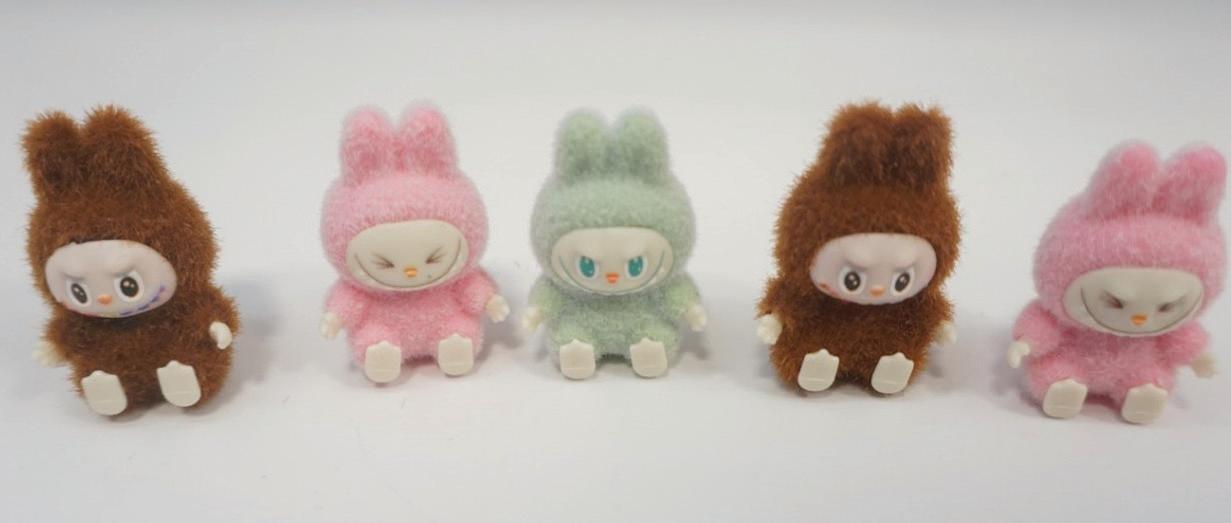

The US Consumer Product Safety Commission has issued warnings that “lafufu’s” are serious choking hazards. investigators with the agency have seized bulk shipments of fakes for violating federal regulations due to how easily the labubu doppelgangers can break apart and “release small pieces that can become choking hazards”.
The CPSC, alongside providing a mug shot of the offending lafufu, provided some tips on how to distinguish a real versus fake labubu, and their acting chairman stated that the dolls “have no place in American homes.” So perhaps we should rethink whether they have a place in ours.
if you do have a real l abubu, especially a 24-karat gold one, hold it tightly. $30,000 worth of stolen labubu’s were recovered from a California home two weeks ago. The resale condition of the innocent real labubu’s was assessed, and those still sealed were returned to their nearby warehouse home.
The writer, actor, producer, and director is famous for his involvement in Donny Darko, The Boys and Invincible and his willingness to smoke weed with the occasional fan. on the ‘Happy Sad Confused Podcast, ’ Rogen admitted, “people just wanna smoke weed with me…if it seems like it’ll be really special for the person, sometimes I will…The least I could do is take a couple hits with them.” So, if you see Rogen out on the street and want an autograph, bring your own pen, and your own pipe.
on the 16th, Justin Bieber visited a las Vegas nightclub, racked up a 10k bar tab and requested to get on stage and perform his hit song, “Sorry” to the crowd. Night club staff and Gryffin, that night’s performing dJ, welcomed the popstar up, announcing “Justin Bieber in the house y’all”. However, once off stage, the staff clocked that this wasn’t Bieber ‘standing on business’ but Bieber impersonator, dylan desclos. labeled ‘Bustin Jeiber’ by Gryffin, it’s unclear whether desclos was able to get on stage because of an “elaborate and multi-step ruse” or if it was just everyone wanting to believe what they were seeing. Although it should’ve been obvious, if it was Bieber on stage, he would’ve done what every artist wants to do, regardless of what their fans want: promote their newest release, and only their newest release.

Māori and Pasifika News
By taipari taua (Muriwhenua, Ngāpuhi)




Hei tēnei rāapa ka tū ai he kauhau ki te taumata tuatahi o Ngā Mokopuna mai i te 2:30pm ki te 3:30pm e pā ana ki ngā kaitono o ngā wāri Māori o te Whanganui-ā- tara, arā ko tory Whanau kua tautoko e te Pāti Kākāriki, ko te Paea Paringatai, he kaitono tūhāhā, rātou ko Matthew reweti kua tautoko e te Pāti reipa. arā hoki ko Himiona Grace, kua tautoko e te Pāti Māori, e ngana ana kia whai tūranga ki te wāri Māori ki Kāpiti. Hei reira!
There will be a panel held this Wednesday 3rd September from 2:30pm to 3:30pm for the candidates in the te Whanganui-ā-tara Māori Ward as well as the Kāpiti Coast Māori Ward. the panel will take place at Ngā Mokopuna/the living Pā, and includes: Mayor of Wellington, tory Whanau (Pakakohi, Ngā ruahine, Ngāti takou); i nternational Federation of library Associations and Institutions president-elect, te Paea Paringatai (Waikato, Ngāti Porou); and deputy-chair of the Pipitea Marae trust Board, Matthew reweti (te Ātiawa, te arawa, Ngāti ruanui) standing for the te Whanganui-ā-tara Māori Ward. Finally, we have the Māori Party’s Political director, Himiona Grace (Ngāti toa rangatira, te Āti awa, Ngāti Porou, Ngāpuhi), standing for the Kāpiti Coast Māori Ward. the panel will be held on level 1 of Ngā Mokopuna. the panel will be facilitated by te Kawa a Māui representative a nnie te o ne, and Student representative Brody Panoho.
September is Māori language Month! te Wiki o te reo Māori—Māori language Week will take place from the 14th to the 20th of September this year, and marks the 50th anniversary of this occasion. in a time where te reo Māori is still in the process of being revitalised, and has taken a lot of blows from the current government, it’s imperative now more than ever to continue to uplift and encourage te reo Māori, the first language of this land. one way you can support te reo Māori is speaking as much reo as you can every day during Māhuru Māori. Here are some phrases and words we can use to talk to our friends and whānau and include in our everyday speech to hīkina te wero - take on the challenge:
Nōti Nōta by Kōkōuri and PErE titiro ki ngā tai o tokerau e hora nei!
Kei te pēhea koe? - How are you?
Kei te ____ au - I am ____
Pai - Good
Harikoa - Happy
Ngēngē - Tired Āwangawanga - Anxious
Hiakai - Hungry Māuiui - Sick
Tohu - degree
Whare Wānanga - University
Whare pukapuka - library
“Kia haere tāua ki te whare pukapuka?” “Should we head to the library?”
Karo mahi - Procrastinate/Avoid work
“Kei te karo mahi au.” “I am procrastinating.”
Mahi - Work/Task
Pānui - Read
Tuhi - Write
Kōrero - Speak
Kia pai tō rā! Have a good day!
Salient acknowledges that our recent article on Vanuatu language Week contained a few minor inaccuracies, as highlighted by the Melanesian Students’ Association. We sincerely regret the oversight and have now corrected the article online.
We appreciate the Association’s support and the opportunity to clarify these details. A reference photo was provided to assist with the correction. We’re committed to ensuring accurate representation and welcome collaboration ahead of future language Weeks to help us get it right.
Thank you again for your understanding and continued support.
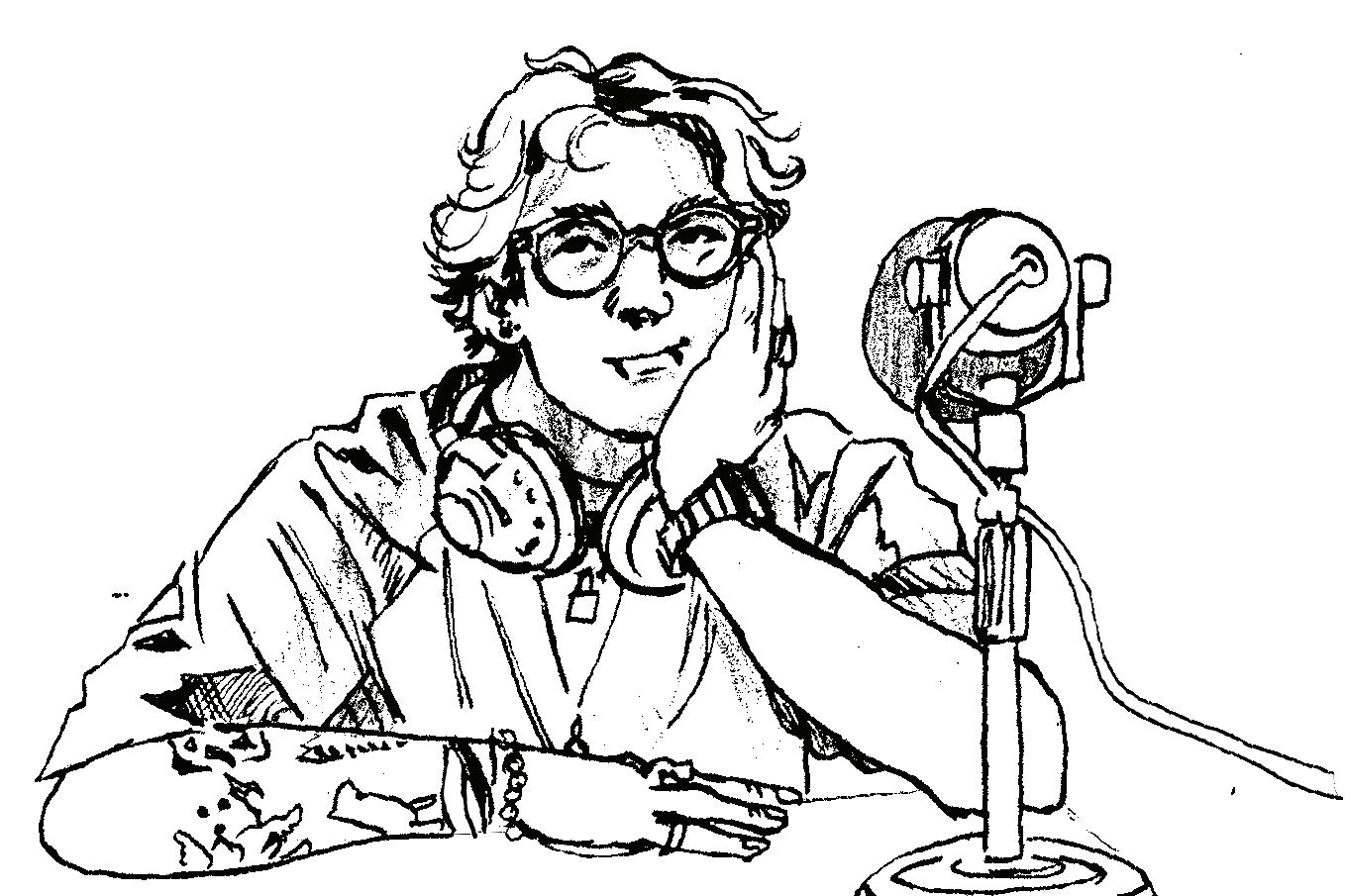
Each week resident Computer Guy teddy o’Neill sits down with a couple of contributors from the latest issue to talk shop, and talk life. Kick back and enjoy great yarns. You might even learn something! Follow the QR code for more :)




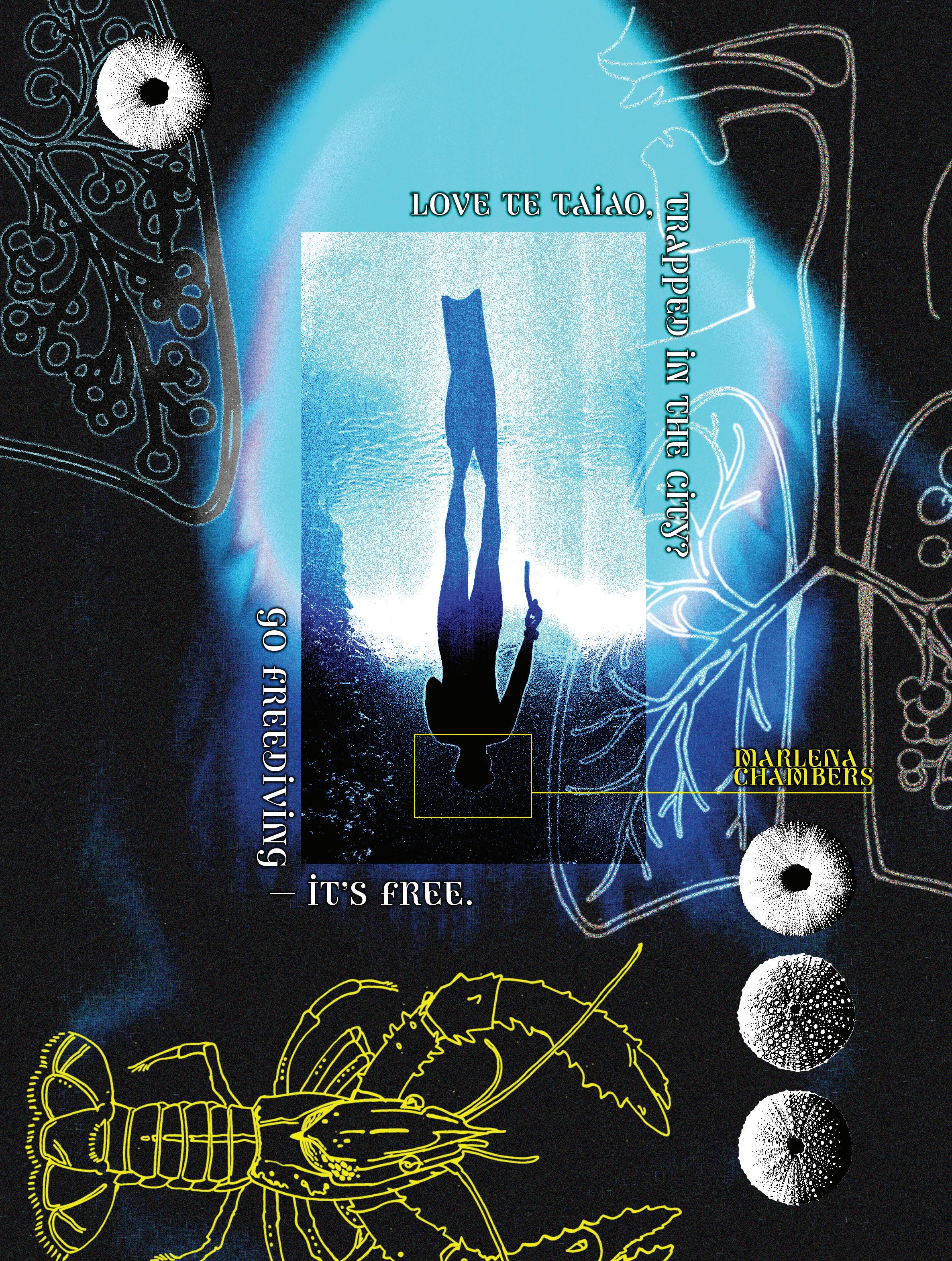

It’s 1 pm on a Friday arvo. I’m pulling thick neoprene on, balancing on a chipped boulder on the south coast. A steady but gentle swell rolls in, barely a whisper from Tawhirimatea. It’s the perfect day for a dive.
As a country chick, I’ve always been a bit sceptical of city living. But Wellies has its hidden charms. The moment I slipped beneath the surface and met the world of Hinemoana, I knew I could hack it. There’s something about it, maybe it’s that you can’t Google Maps it. No directions, no street-view, and no one who’s not a marine biologist knows names for half the things out there. Some questions haven’t been answered, and mysteries keep arising out of the deep. It’s an alien world, more exquisite than anything the animators of Avatar could dream up. like a parallel universe—living, growing, reflecting ours. An incredibly complex ecosystem, just meters away.
In addition to exploring a foreign world, being underwater is also an experiment in self-discovery. World record freediver, Natalia Molchanova once said,
“... It’s not only a sport, it’s a way to understand who we are.” I’ve strapped my weight belt on. It’s heavy enough to counter the buoyancy of my wetsuit, so i’m just floating. once i dive below five or six metres, the water pressure increases, compressing the air in my lungs. Around that point, I lose buoyancy and begin to sink. It’s like being in an antigravity chamber (not that I’ve ever).
Humans have what’s called the mammalian dive reflex, first studied in whales and dolphins. It’s like an automatic powersaving mode for the body. When your face is immersed in cold water, your heart rate slows, conserving oxygen. This phenomenon, combined with the free-fall effect, is how divers reach incredible depths. In 2023, Alyssia Zecchini reached 123 meters, claiming the world record for the deepest freedive for women. Her documentary shows stunning footage of her sinking into the blue.
once you’ve entered the freefall zone, it takes no effort to exist down there. At six meters, I’m beginning to feel it. All I have to do is be. All I am is movement. The underwater world draws me outward—curiosity flows, the murky edges of my vision field call to me. I am out of my depth in every sense of the phrase.
My identity, my role in society, my anxieties about the world— all of it gets soaked up by the ocean. Some say it’s the last quiet place on earth; maybe they mean the last place they can find peace of mind. Where the ocean ends and I begin becomes unclear. irrelevant, even. only when the burn of carbon dioxide pulls me back to the surface do I remember.
When divers are under water for long periods, the inert nitrogen gas in their body is forced into their bloodstream by the water pressure. It affects the brain, causing a change of consciousness dubbed “rapture of the deep.” The narcotic effects include confusion, euphoria, and sometimes hallucinations. It’s common below 70 meters, but even shallow dives can also get you narced. I’m always out there with a buddy; I don’t push my limits.
Kicking up to the surface, I fill my lungs with air and feel the oxygen infuse my blood like a high. I breathe up and curve back down into the blue. The ocean lends me a grace that doesn’t exist on land.
For anyone who’s been fully immersed in a foreign language, it’s a similar experience to diving. The intimacy is intense— bizarre, sometimes terrifyingly beautiful. to engage, to comprehend anything at all, you have to be fully present. Fully alive.
A kelp plant sways to the silent sound of swell.
This world is on our doorstep, yet we barely know it. Meanwhile, the upper world, the yang of the yin, pours sediment into the rivers that flow into the harbour. This clogs
the water, blocking sunlight essential for seaweed growth, and pollutes the water that fish breathe through their delicate gills. Sewage outlets discharge along the harbour mouth— not to mention the unaccounted-for waste lost in Wellington’s ageing, bundy sewage system. Greywater drains funnel unfiltered junk directly into the harbour.
Plastic pollution, introduced seaweed species, rising acidity, agricultural runoff, and commercial fishing all impact the health of the sea. Higher acidity makes it harder for crustaceans to grow shells—the calcium they rely on dissolves faster—slowing growth rates for species that are well-loved kaimoana.
according to the department of Conservation, 22 percent of marine mammals are at risk of extinction, and a disquieting 90 percent of seabirds face the same threat.
Above and below are interconnected in a complex dance. our waterways flow between these dual worlds, and they are home to unique and threatened species. Wetlands, including estuaries, support the greatest concentration of wildlife of any habitat in Aotearoa.
We are destroying what we’ve barely encountered.
After a diving mission on Great Barrier Island, part of a community-led marine survey, I had a yarn with a local marine biologist. He tells me about the days when he used to pull meter-long crays out of the Hauraki Gulf for Kellie Tarlton’s aquarium. There’s a tender hopefulness in his eyes as he speaks of what could be. Stories of crays being so plentiful that kids would pick them up on their way home from school make me believe that there’s still a long way to go.
We’ve learnt a hard lesson on our lack of kaitiakitanga. It is time to take responsibility for that.
As I get to know the Wellington coastline, I notice a marked difference between the taputeranga Marine reserve (owhiro, Houghton, and Island Bays) and the unprotected areas, like Makara or Breaker Bay. Inside the reserve, you’ll find koura, who along with tāmure (snapper), are natural predators of kina. These species play a vital role in preventing kina from decimating entire kelp forests, leaving zones of barren rock faces in their wake.
Koura are considered functionally extinct, meaning they no longer perform their ecological role—a major factor in kina takeover. But snorkelling through the reserve, I’m surrounded by lush seaweed forests hiding giant pāua. the water’s cleaner. The fish look you in the eye. The mauri feels good. This is what our coasts could be like.
At the marine reserve off Goat Island in the Hauraki Gulf, big crays are breeding again after just ten years of protection. Reserves also benefit local fishers, becoming breeding grounds for large fish species, an insurance of continuity and kaimoana.
What seems obvious to me is that these two worlds— these parallel realities—have so much to offer one another. In the dynamic, delicate relationship between sea and shore, humans undoubtedly play a part. In our lack of understanding, we’re damaging something that has potential to lead us to a deeper appreciation for te taiao.
The invitation to step beyond our world, beyond our comfort zone, is there every day in the gentle lapping of the waves. Sometimes, it’s there in the raging of Tangaroa, seeking us out.
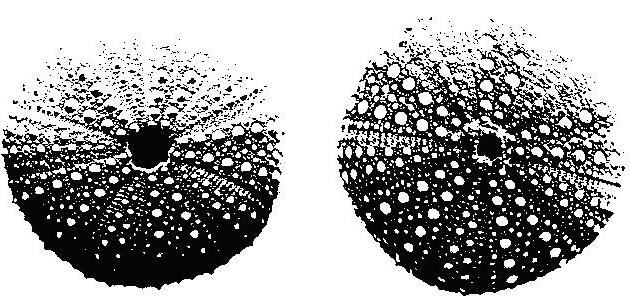



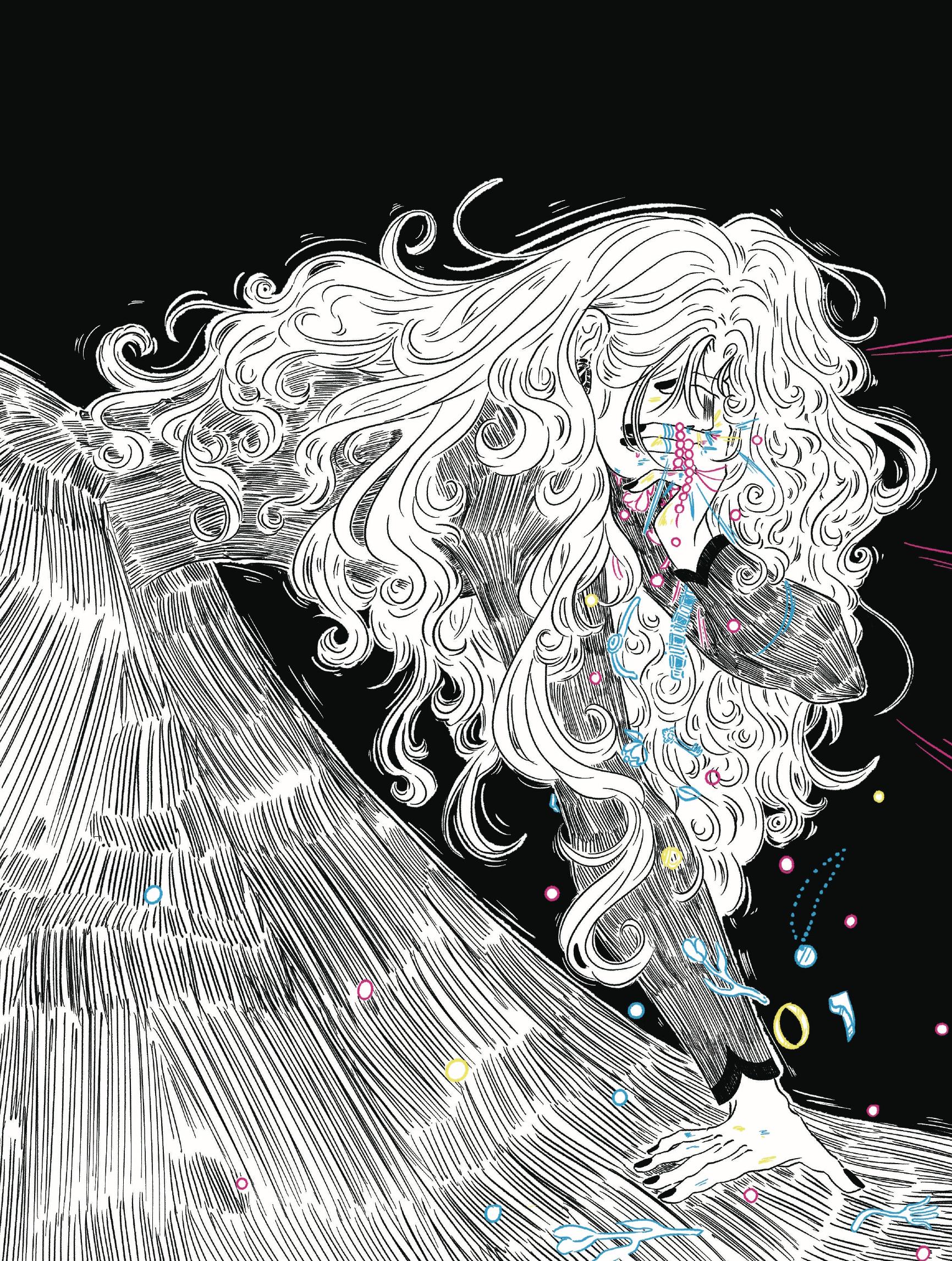
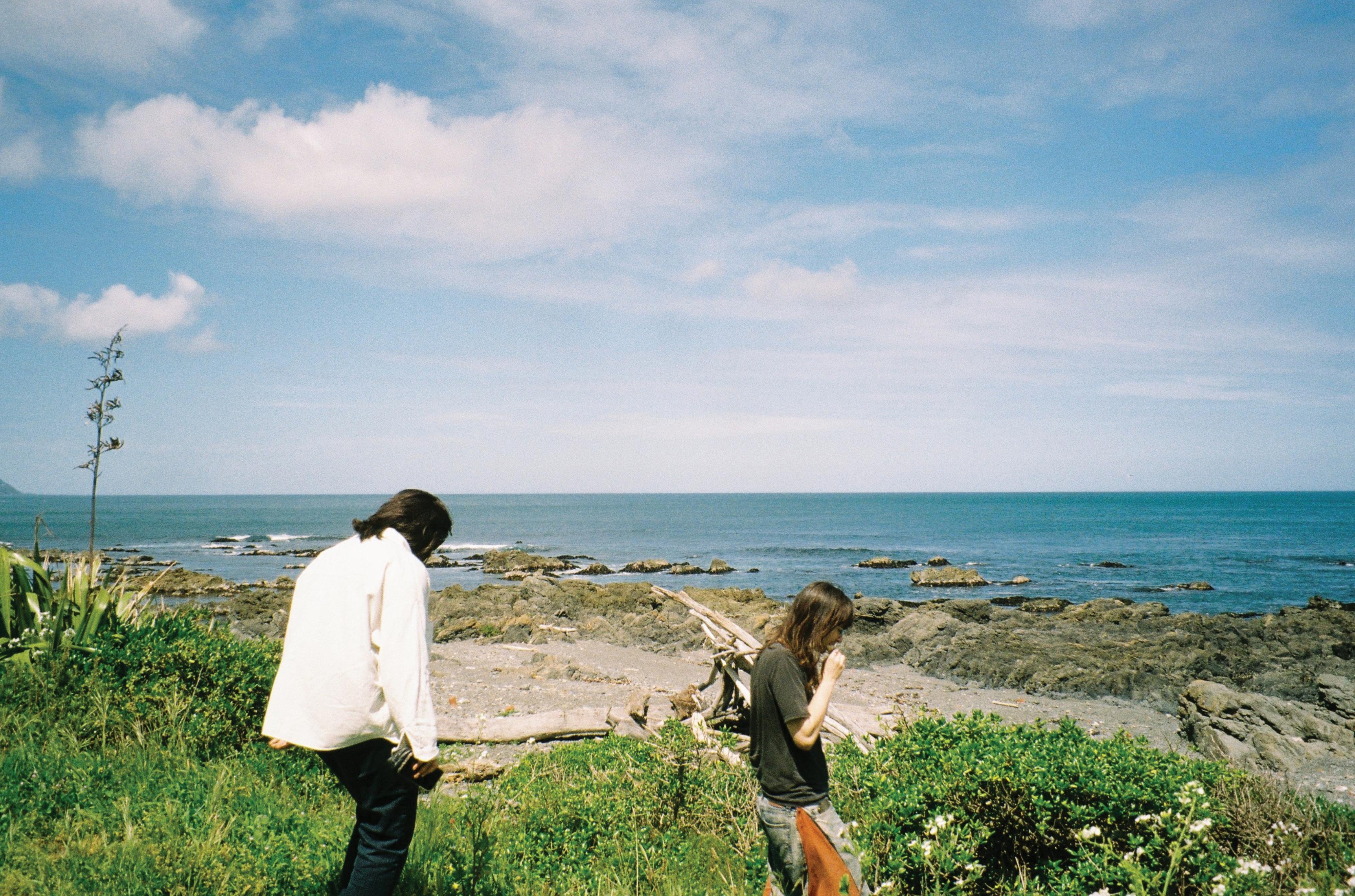
Suddenly it’s summer again, and you find your bones aching to rest. You don’t want a vacation to Bali, or a trip to Europe— just somewhere close, familiar and easy. It doesn’t take more than a glance outside to find the scene you’re looking for. dense green bush, clear and crashing waves… maybe you’re too used to this place to admit how good it can get. You drag some friends, who won’t end up sticking around, out to gaze at the endless ocean. You scramble for who gets the last hot chip, fish laying forgotten. Island Bay sits on the edge of the world (or the edge of our little island, anyway).
Houses line the roads and hills but the sand, rocks, water: they’re untouched. Te Whanganui-a-Tara has much to offer— time to stop looking up at the cityscape, and to touch down on the ground again instead.

Aotearoa teems with life, I think. Whenever I drive by myself, i find that i’m never really alone. of course, surrounded by te maunga and always accompanied by Ranginui and Papatuanuku, no inhabitant of New Zealand is ever really travelling by themselves. Even with a less spiritual lens, the cows and their calves catch my eye as I go past. Horses address me with nods of their heads. I watch sheep enjoy the sun just as much as my friends and I. Sometimes when I think I’m capturing nothing, my camera’s eye shows me the joy in the mundane that I fail to see. Time to get back on the road.
Ka kite anō, sheep. i’ll probably see more of you wherever I end up.

The City's Heart Begins to Beat
We were driving down some road in Auckland, visiting my older sister. Ponsonby, or something. Her and my ma were in a heated debate about who’s choosing where we eat, voices layered over the Michael Jackson Best Hits Cd we had on. Cds… cars… a snapshot of a city street—all things prone to change through time. We capture what we can, and we only really see the value in those photographs once time has passed. A childhood photo that helps jog your memories, a wedding snapshot that brings a tear to your eye, or even historic images that give us new context for the world we live in.
Maybe I won’t think much of the photos I take until later, but that makes recording life even more important. We keep planting seeds, even if we don’t get to reap the rewards. Someone else will enjoy the shade.
It’s mid-to-late November, and everyone’s feet are burning. Not as much as their hearts, though. There is little that can compare to the feeling of marching through the city together as a nation, as a people. Whakarongo: feel the ground hum in agreement with you. Korero: keep in conversation with the birds that fly alongside you as you walk. only really in times of tension and danger, do we see people’s true colors. Turn to the person next to you in this crowd. And those in front of you. And those behind. He tangata: the most important thing in the world.
The rage, the mana, the aroha in everyone’s veins — that is what brings us together and makes us strong. When everyone stands together, we become an impenetrable wall. don’t let them suppress you. We climb over, we crawl through: we fight.

Words by Jia Sharma (she/her)
Calling all emerging artists! Meet Klo Promotions, a fresh-faced new presence in the Wellington music scene, determined to shake up the status quo. Founded by Kloey, a local musician with an eye for change, Klo Promotions is a new venture that’s already making waves.
What began as a simple school project has grown into a bold statement against the cliquey culture often found in local gig circles. Kloey noticed that the same names and faces tended to dominate the line-ups, leaving little space for newcomers—especially women and gender-diverse artists—to find a foothold. So she decided to create that space herself.
As both a solo artist and the lead singer of the band College Try, Kloey has seen both sides of the scene. This dual perspective powers the mission behind Klo Promotions to offer others what she wished she'd had starting out: a supportive, inclusive, and safe space to perform.
And they’re doing just that. Klo Promotions’ debut gig at Valhalla was more than just a show, it was a perfect example of what they can do. The all-female-led lineup celebrated a broad range of genres and voices, giving a platform to sounds that often struggle to find one in Wellington’s indie-rock-heavy (and heavily male-dominated) landscape. The audience response was positive, and the performers spoke openly of how refreshing and meaningful it was to feel seen, supported, and celebrated.
But Klo Promotions isn’t stopping there. They’re actively working to highlight underrepresented talent, not just on stage, but online. Their Instagram page is both a showcase and a hub for artists looking for visibility, connection, and opportunity. If you want to be one of these artists, it's as easy as scanning their QR code or hitting up their dMs.
Kloey promises that more gigs are on the horizon, and i genuinely can’t encourage you enough to go. These shows are more than just a fun night out, they’re an opportunity to broaden your ears and your mind. You’ll
be exposed to a diverse range of live music and voices you might never have encountered otherwise, artists who are often overlooked by the mainstream scene. Every ticket sold goes directly toward supporting that mission. It’s how Klo Promotions continues to grow, making space for more emerging, underrepresented talent and building a platform rooted in community, care, and courage.
In a music world still grappling with questions of inclusivity, Klo Promotions isn’t just filling a gap, it’s building an entirely new kind of stage. one where emerging artists are uplifted, not overlooked.
Just speaking to Kloey, it’s clear how deeply she cares about the musicians she’s working with. That kind of genuine care for the person behind the music is rare, and incredibly valuable. In an industry that can often feel isolating or indifferent, having someone like Kloey in your corner is a gift, especially when you’re still trying to get your name out there.
So, for anyone who’s ever felt shut out of the spotlight, for anyone who’s been told they’re not quite the right fit, Klo Promotions is here, and it’s saying loud and clear: you belong.

yo bigFoot we gonna go to mothman’s house aFter the lecture For some drinks, you coming?
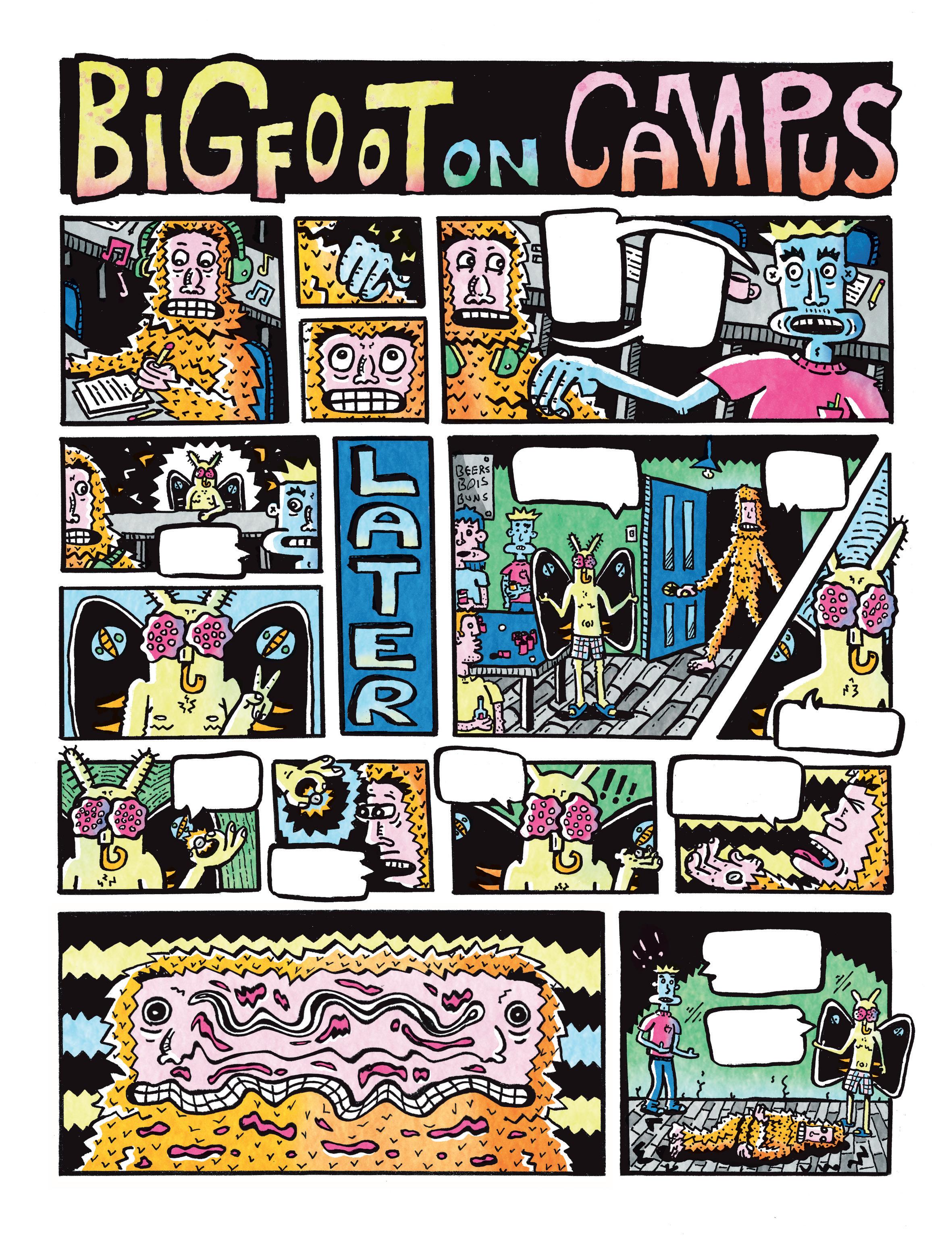
take this! it will unlock your mind...
but i really don’t wanna unlock my mind...
but i’m peerpressuring you, do it.
look who decided to join the party, aye.
iFgotta thisinishdang essay. i heard that mothman is kinda hardcore.
just one drink. i got that essay due 2morro.
stuFF the essay! you down to get really hardcore?
okay Fine! i hope this doesn’t change my whole personality...
mothman! how is bigFoot gonna pass their essay now, huh?
have a strong arguement and use a.p.a reFerencing. i dunno.

Words by: Jasmine Boreham Wright (she/her)
They took the scenic route as they left the hospital. The car hummed underneath them as it passed over the freshly-paved road; neither passenger made a sound. olivia chewed hard on the skin of her index finger; she found that the pain distracted her. The poor digit had teeth marks now—she bit harder for more pain. Her fringe was plastered by dried sweat to her sallow forehead. Sitting next to her and driving was a bloodshot-eyed man, Julian, his thin lips pressed tightly into nothing. His puffer jacket squeaked as he moved his arm and flicked on the indicator. The car moved onto the state highway. The new road, a winding terrace along the coast, had been dug into the edge of hills that sloped into the sea. The hum of the car grew louder as they sped up with the new, faster traffic. olivia’s gaze passed over the cut earth that sped outside her window; stones, dirt, and juvenile bushes which grew horizontally out from the excavated hill, all sped by on the other side of her window. Her wet lashes felt heavy as she blinked.
a nurse, Sherry, had gently wiped o livia’s mascara from underneath her eyes after the flurry of clinicians inspecting her body gave up: no point looking dressed for Halloween, she’d said, and had gently coaxed olivia back into her own clothes, leaving the hospital gown on the bed. With a stash of pain pills pressed into Juilian’s palms, Sherry had guided her back into the car only a few hours after they had arrived.
colony stretched along the coast, far enough that her head did turn from her brown window scene. He didn’t mention it but he felt her stare slip straight past him, out to the furry creatures.
She turned off the air conditioner. ‘They smell.’
‘We’re almost past them.’
The pongy population decreased as the large rocks declined into the sand, an undisturbed stretch of yellow that swept around a distant corner of land.
‘I’m feeling sick. I want to get out of the car,’ olivia said.
‘The wharf is around this next bend.’ ‘okay.’
The wharf’s carpark was relatively quiet as they rolled in. o nly a few cars were parked, sunshades covering their windows. An ice cream van sat under a pine tree’s shade with a man in it, his elbow leaning between the sugary sauces, watching something on his phone.
‘Want me to stay in the car?’ Julian asked as he turned off the car.
She nodded.
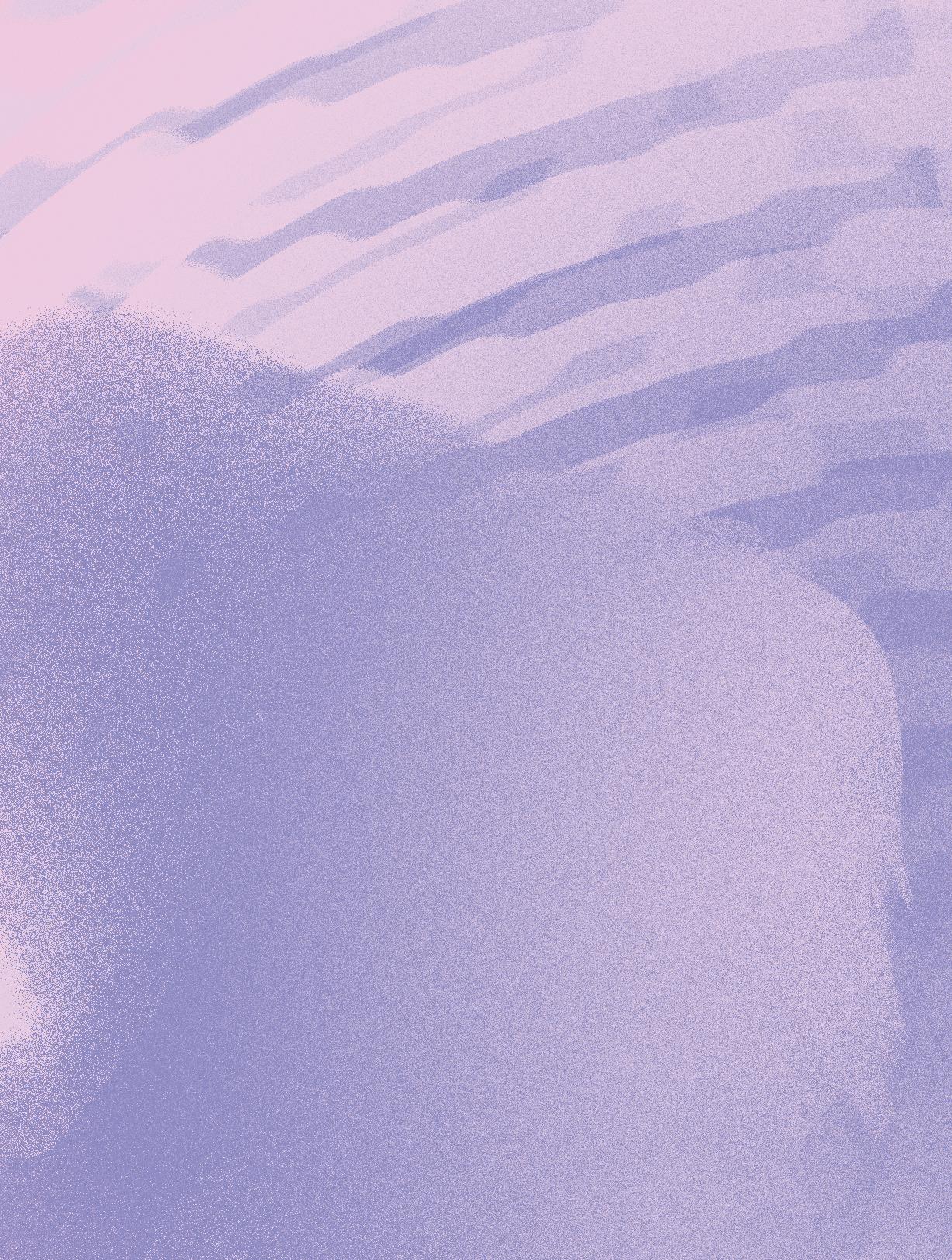
By the coastal side of the road, over the crash barriers, and down a few meters of drop off, seals lay flopped on top of rocks, bellies bare to the sun. Julian had noticed them a few minutes ago but hadn’t pointed it out to olivia—he didn’t think she would want to see the pups rolling around together in the rock pools. The seal
Her feet led her straight to the wharf where kids bombed into the water and a pair of women fished. it was when olivia’s foot slid wayward in her haste to get past and move further away from the other wharf users, that she realised she wore no shoes and hadn’t since leaving the hospital. Sand had made it up onto the wharf, it sat in the cracks of the planks and made it slippery against bare feet; her toes curled up, cringing at the thought of a splinter. She walked slower. The wind was a blessing: it was warm, and it dulled the high shrill of kids… she was

almost alone. Watching her feet, olivia didn’t notice the man a couple meters ahead who occupied the end of the long wharf; he sat flicking his fishing rod up and down.
He must have heard her walking because he said: ‘Beautiful clouds.’
She hadn’t noticed. ‘Yes.’
‘Purple, blue.’
She didn’t answer so he said nothing else. Those clouds were coming towards them, fat with rain. After a moment, ‘I like a storm, if it’s warm.’
‘So do the Kahawai.’
‘You’ve no bucket to keep them.’
‘only here for the sport.’ He turned and looked over at her for the first time. His gaze glanced at her feet. ‘You can come sit.’
He didn’t have the nose she thought he would— big nostrils. He wore a zipped-up oil-skin vest, no shirt.
‘I’m alright.’
‘I don’t bother with shoes either.’
She didn’t reply again but she walked forward and peered at the water—it was just blue. A shark could’ve swam under her gaze and she wouldn’t have noticed.
‘I once lost a snapper to a seal here.’
‘really?’
‘Yes. There’s not much fight to give when you verse one of those; I lost my line. She needed it more, probably a mama.’
Her head flinched back. ‘—oh…’
He looked up at her.

EHer hand had raised to her lower belly.
‘Hungry?’
‘What? No, no i should be going.’
‘I would’ve given you a fish to take with you if I had caught anything.’
‘It’s okay, I don’t have a container, I would have had to have it on my lap for an hour.’ He flicked the fishing rod again. ‘Then all is well.’
She couldn’t echo him.
The wharf was quieter as she walked back: the women still chatted, but the children were being ushered up the sand hill to the car park. Her feet left wood and met sand. Birds occupied the beach: seagulls sat all together; they rotated between sorting through their feathers and watching the waves. A nervous dotterel paced nearby at the entrance of the waves, eyeing the ground for supper. She paused halfway up the slope to breath and watched the slow rising sea: empty shells, opened and discarded by oyster catchers, were being slowly covered by the rising sea, ready to be swept away in the ebb of the morning tide. olivia made it up the slope. She passed through the old pines which divided the cars from the beach, stepping over the bent coke cans and various wrappers that lie on top of the soft matt of pine needles. She saw Julian sitting on the curb licking one of the two tall, pink ice creams in his hands.
‘I didn’t know if you wanted one.’ He offered the untouched ice cream to her.
A small laugh left her dry throat. ‘You can eat through anything,’ she stated. ‘We’ll get through anything.’ He stood and kissed her head. ‘We should eat quickly, it’ll rain soon.’
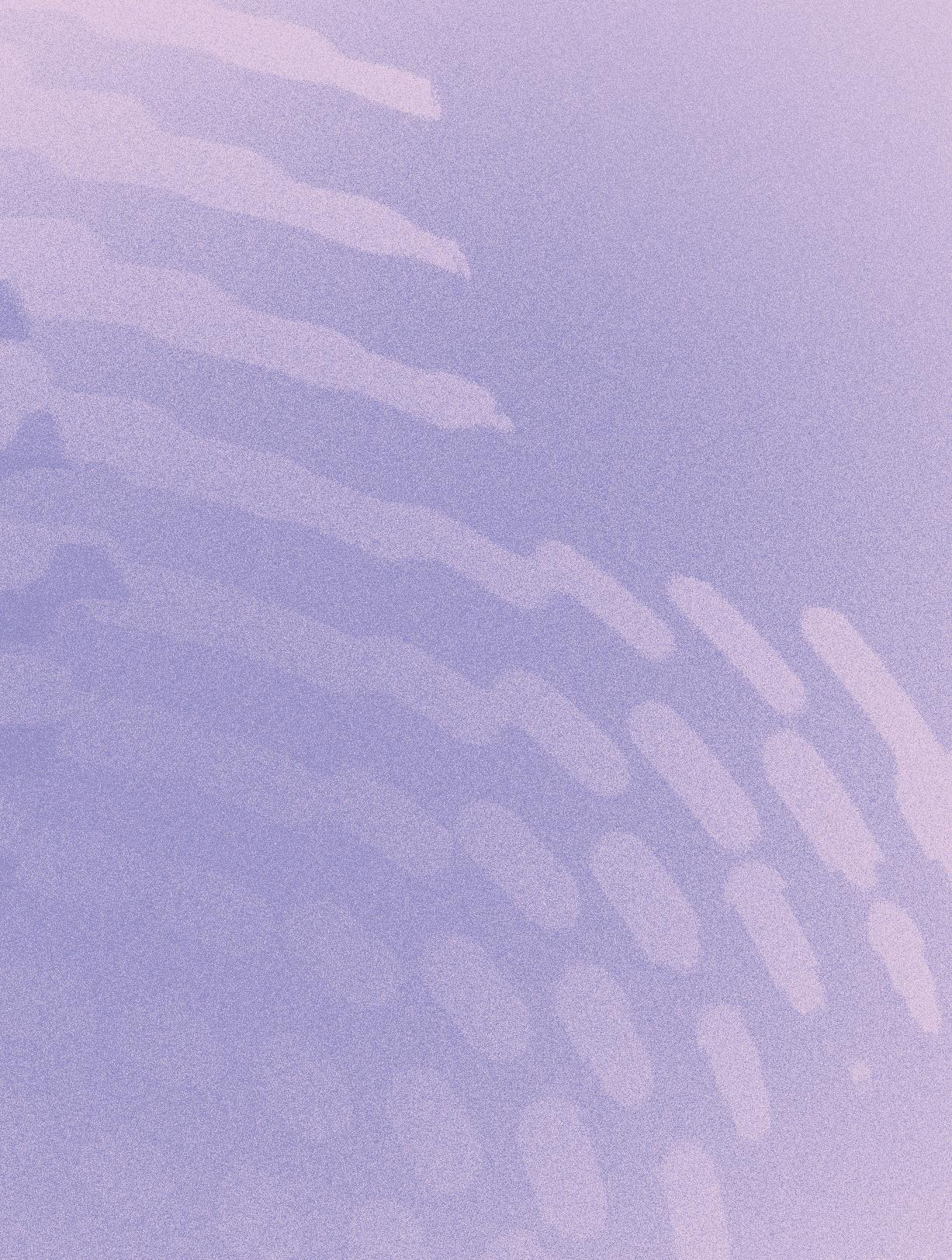
3 HIV prevention medication
7 Vaginal lips
8 Media relating to sexual desire
9 Arousal from watching
12 Popular pornographic medium
13 Headphone brand good for drowning out loud roomates
15 "Wanna ____"
17 large condoms
20 After___
21 Chest colloquialism, singular
23 "___ means ___"
24 Make a mistake, perhaps an unfortunate hookup
25 Sweet pet name, slangily (also found in a 37 across)
26 Fill one's mouth
27 Where you'd go for help with a lodged object
28 Some toys have a variety of ___
29 60s sex symbol Connery
31 Creator of vagina candle Paltrow
33 Musical synonym of 19 down
34 Helps one land a date
36 Mistress; Side ___
37 Vagina nickname; Type of scam
39 Something one should never fake
40 "What happens in ___ stays in ___"
42 Release liquid DOWN
1 Unfortunate response to a pick up line
2 Classy date night spot
3 This may quicken during
4 You should always do this after
5 love ___ number nine
6 Thirteenth Bond film ___ pussy
7 Some call it making ___
10 Romantic gift, especially in red
11 To some extent; "He's hot-___"
14 Romantic nickname
15 Sex slang synonymous with nuts and bolts
16 Some wont do it before they ___
17 ___ pubis
18 opposite of 26 across 19 oral indication of enjoyment
21 Full ___; Former US president
22 "My ___ and only"
25 Structurally similar to love shacks
29 Supposedly this doesn't matter
30 Aromatase and cytochrome
32 Found in a 37 across
33 Some consider premarital sex a __
34 ____ and tumble
35 A result of failing at 4 down
36 The night some American's lose their virginity
38 An exclamation of ecstasty, abbreviated
41 Singular in a six pack
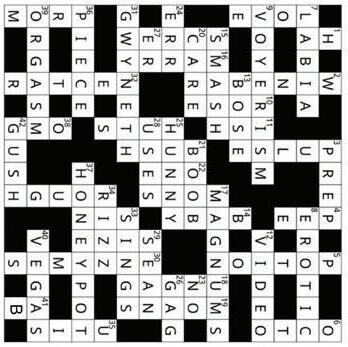
By Holly Roswell
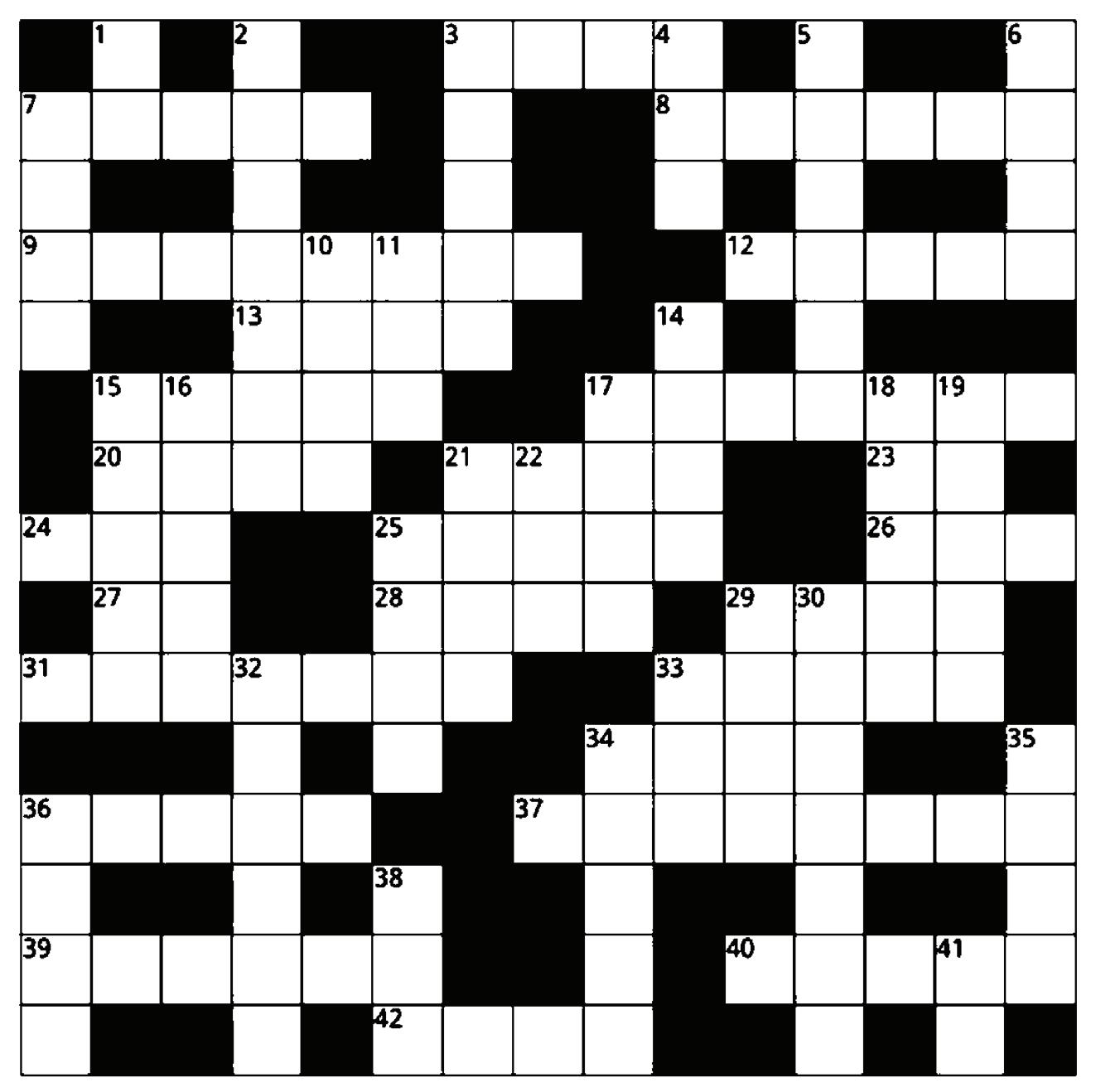


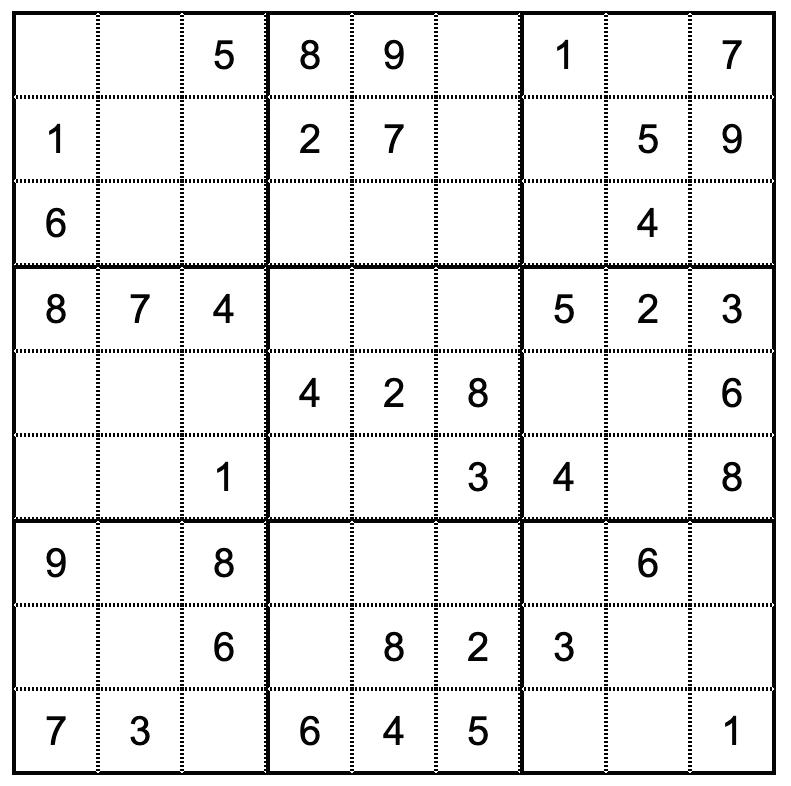


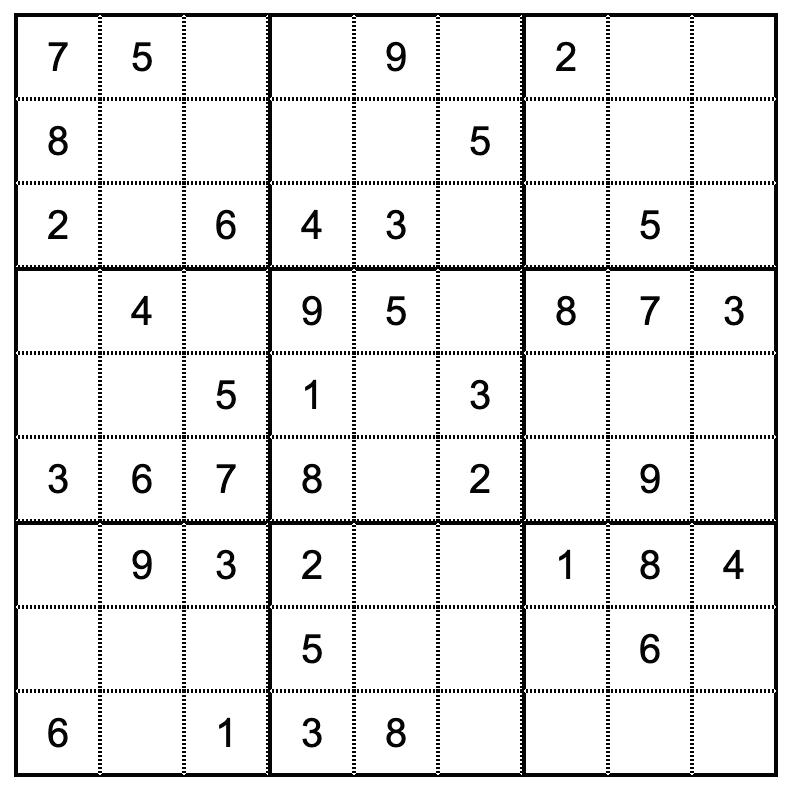

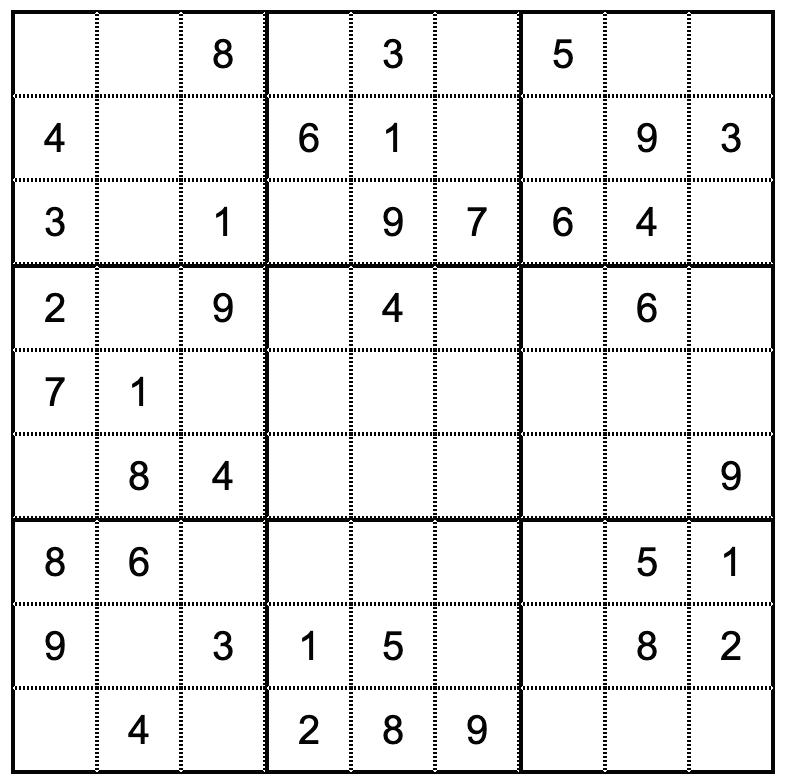

Can you find `` ?
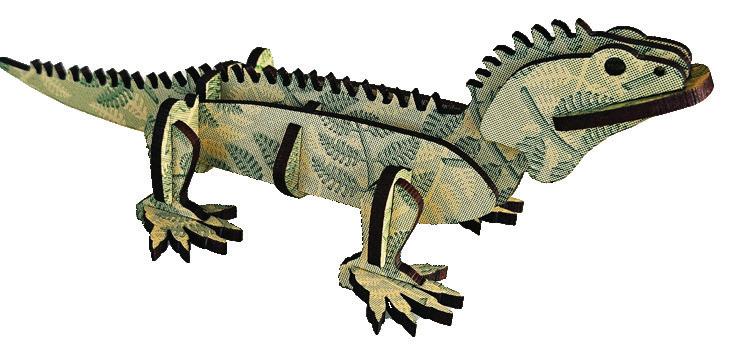
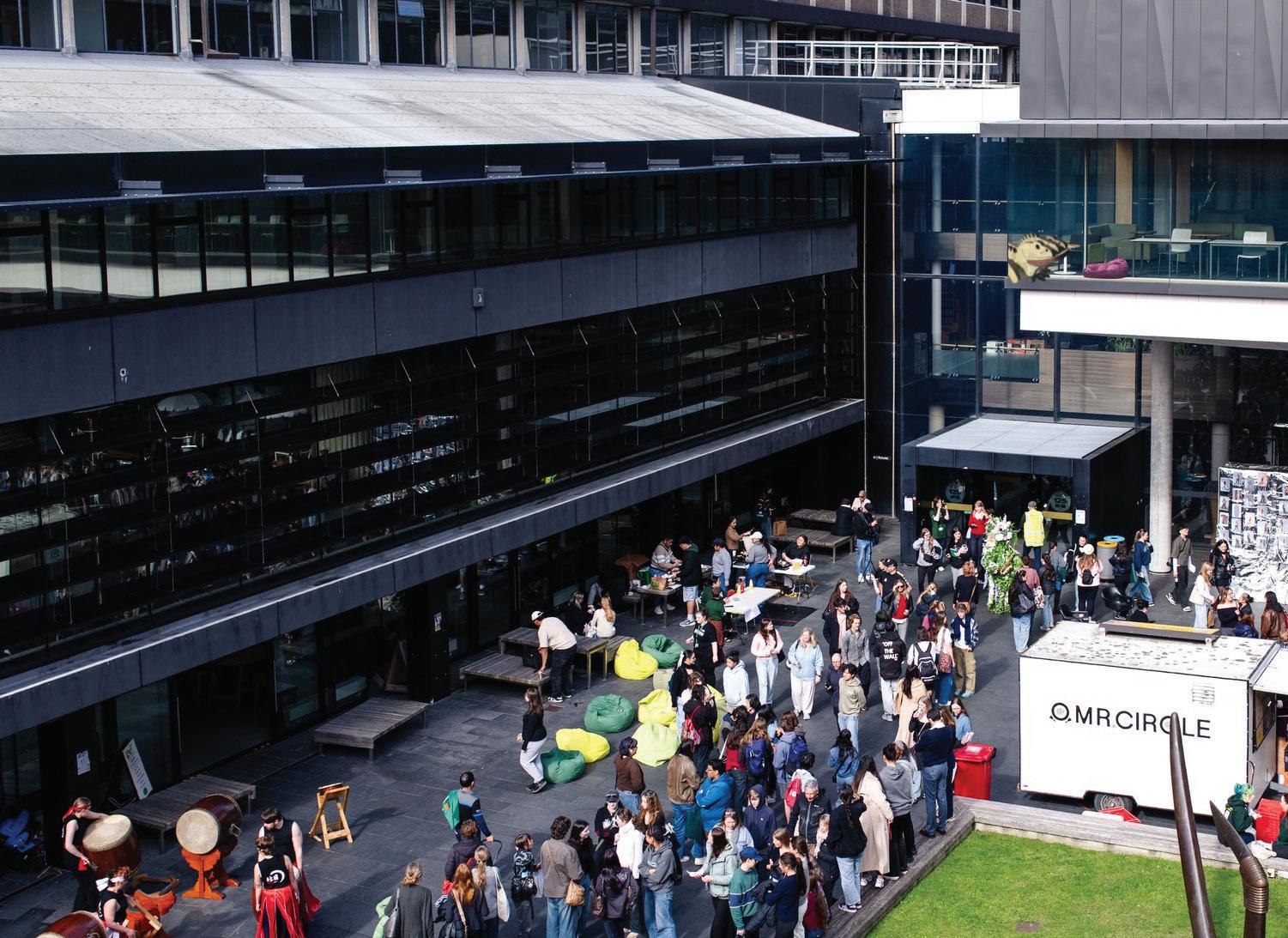
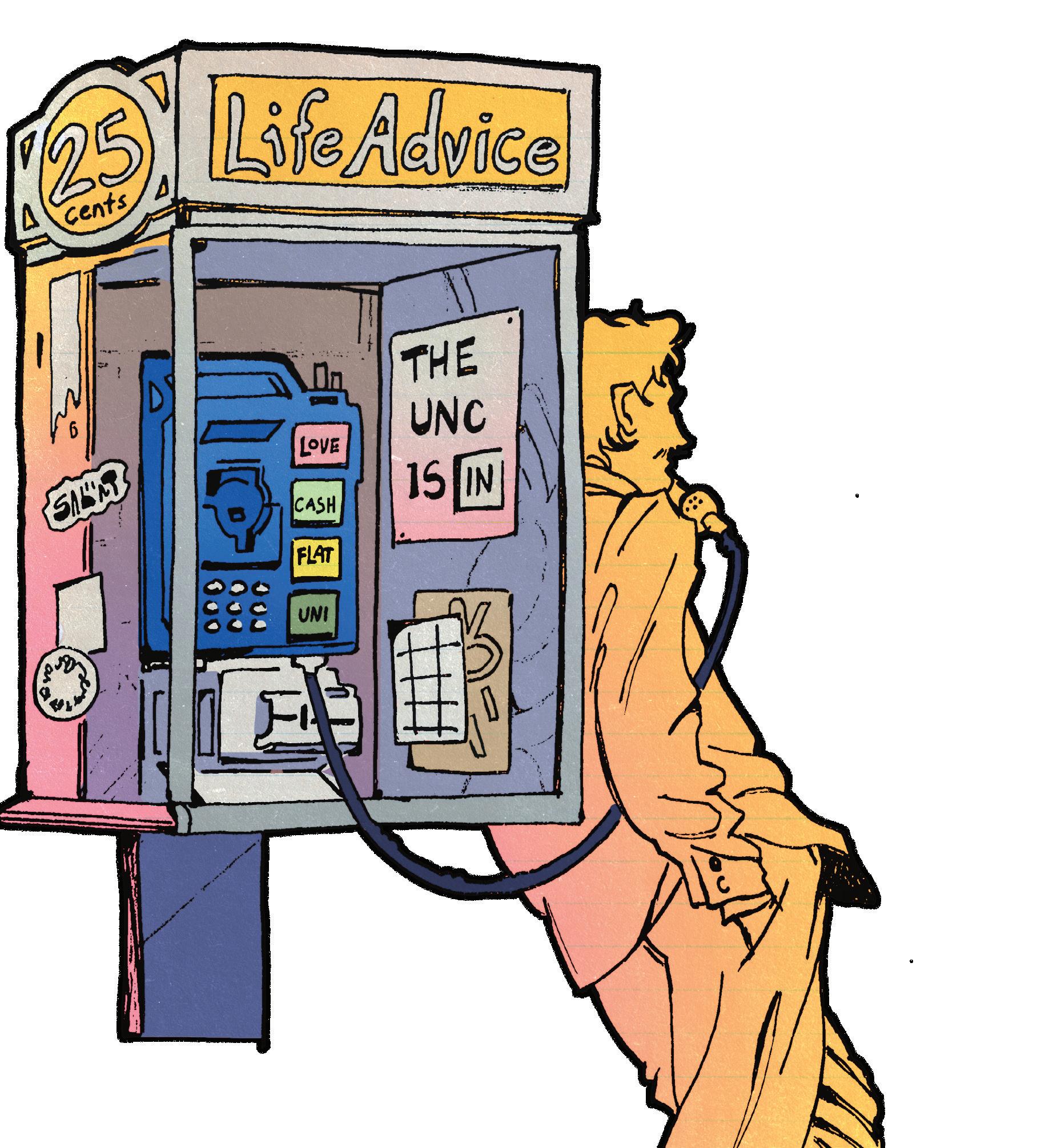
Ah yes—the sacred Friend Group. Nature’s most fragile ecosystem. one part support network, two parts mutual enabling, and entirely held together by in-jokes and the unspoken rule that no one makes things weird.
And here you are, one late-night kebab away from detonating the social equilibrium because your heart (or hormones) has latched onto Mr. occasional Flirt™. the one who leans a bit closer at Red Square, who compliments your outfit, and who once drunkenly told you, “You’re, like... really cool.” Tragic.
Now, before you throw yourself onto the landmine of group dynamics, let’s untangle this.
First, are you sure it’s not just the vodka talking? drunken flirtation is as Wellington as sideways rain and overpriced sushi. Some people hand out flirty vibes like VUWSA hands out free tote bags during o-Week—charming, but fundamentally useless.
So ask yourself: do you still feel that spark when you’re both sober, eating chips in someone’s living room while half the group discusses their shitty landlords? or is it only there when the bass drops and the d-floor courage kicks in?
Second, group dynamics are already awkward. Half the people are secretly in love, one person’s
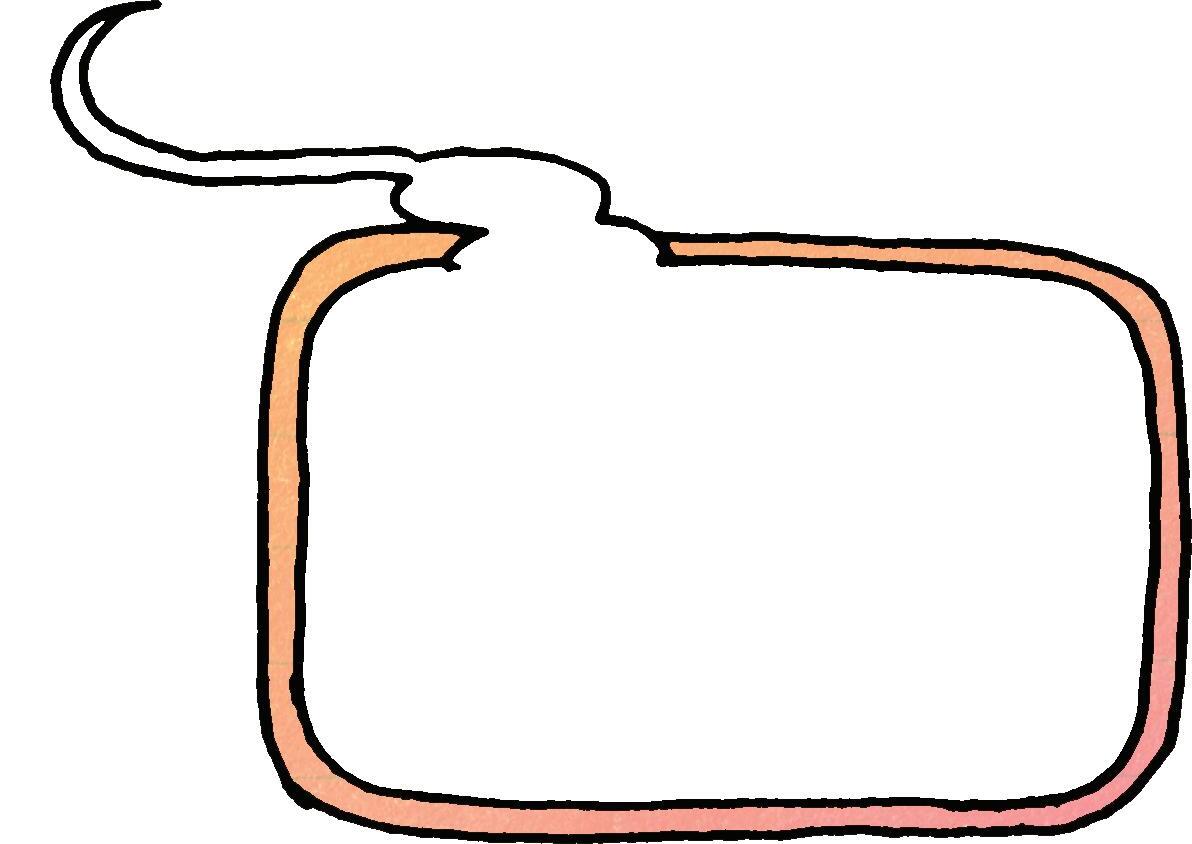
There’s this guy in my friend group I think is cute. We flirt sometimes when we’re out, but now I think I actually like him. Should I ask him out, or will that make things awkward?

always on the verge of ghosting everyone, and there’s that one couple who clearly broke up weeks ago but won’t admit it. So don’t put off something meaningful just because it might disrupt a system that’s being held together by vibes and a shared duolingo Premium.
That said—don’t go in hot. You don’t need to send a Shakespearean dM. Just... hang out more. test the waters outside the safety of town. Suggest coffee. A walk. Something where you both remember how to talk without strobe lights and tequila. If it still clicks? Go for it. Honestly, life’s too short to let a pretend democracy of friends veto your shot at something real.
and if it doesn’t work out? Yes, it might be weird for a bit. But you’ll survive. People get over things faster than you think.
Yours,
Agony Unc(le)
Ready for the next bout of existential dread? Agony Unc(le)’s inbox is always open. Bonus points if it involves romance, rent, or whether a $14 flat white is a crime.



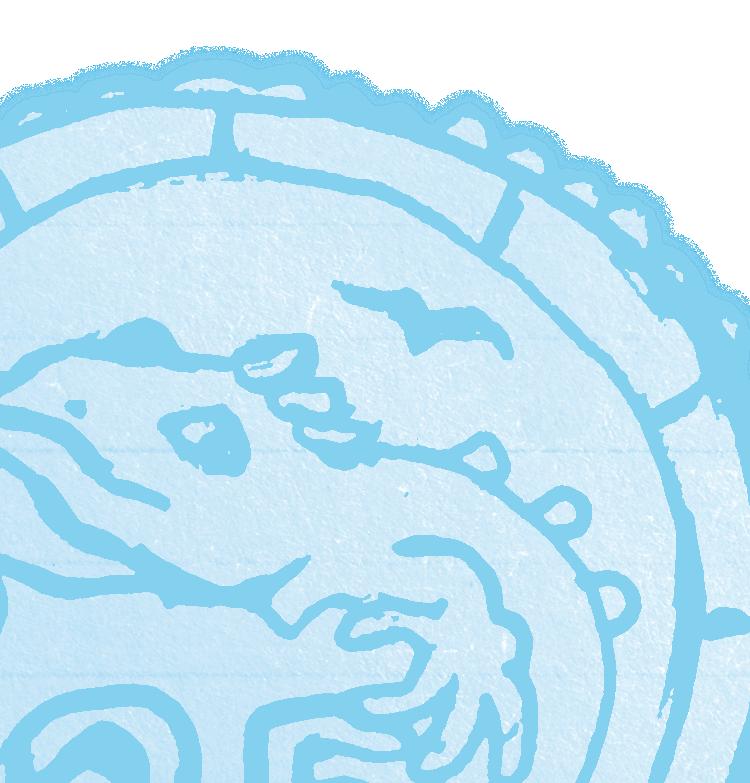
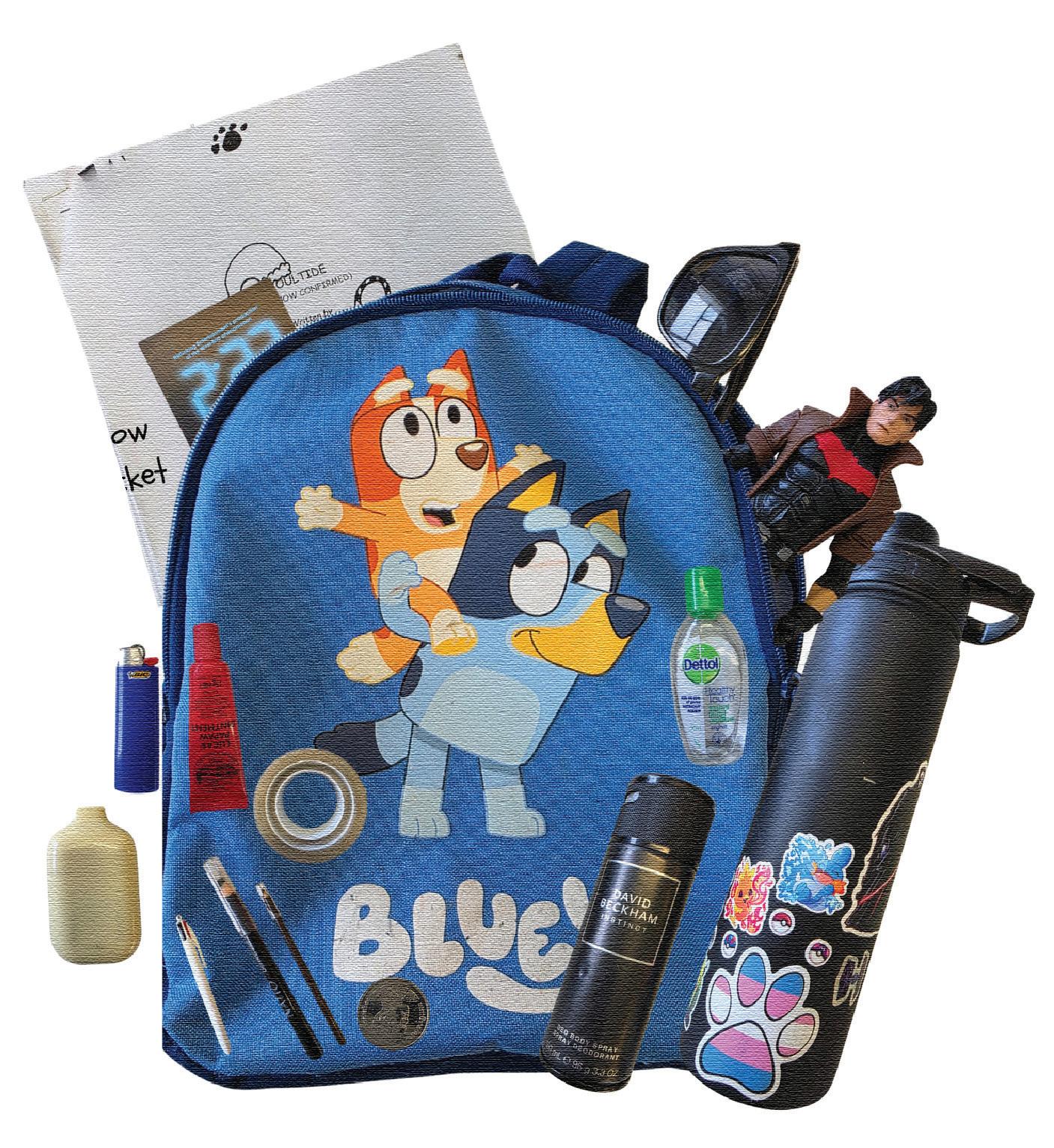

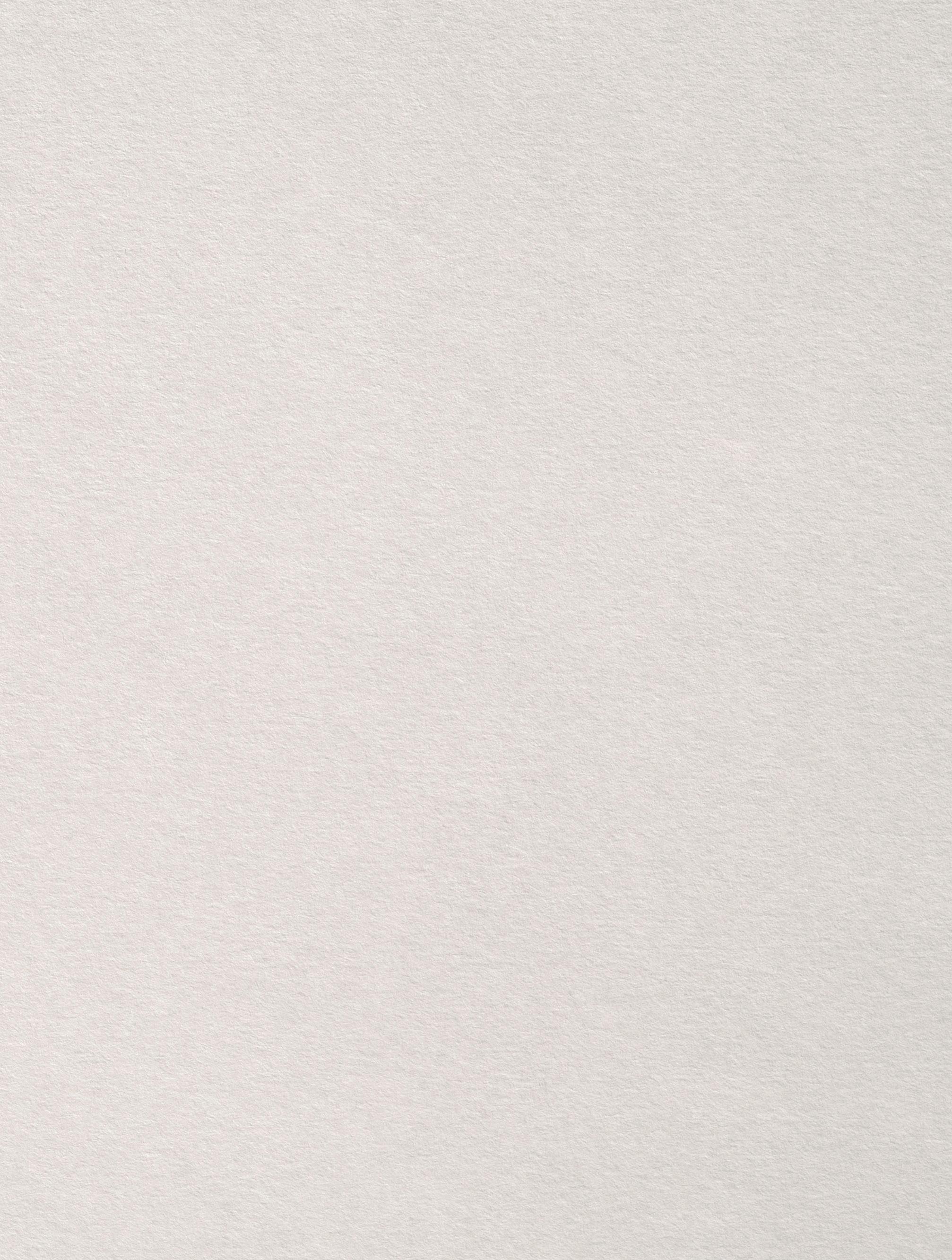
As a theatre postgrad, I tend to only bring with me the most essential of items on my day-to-day at campus: water bottle, lip balm, deodorant and, of course, an action figure of whatever comfort character picks my fancy that morning as i pack my bag. in a post-CoVid world, especially working in such a networking based one, hand sanitiser is also always on my person, because I never know how many hands I’ll be shaking or dusty old lights I’ll be touching. I’ve got two different kinds of eyeliner. I don’t have an explanation for that, I just wear a lot of it. Sunglasses, tape and a pen are necessities I believe everybody should have in their backpack for any reason, because they’re literally always useful.
I also have the most current copy of the script I’m working on for my degree. It’s covered in scribbles, doodles and notes that I jot down throughout my day or our rehearsals, as I feel the urge to tweak or add things.
A lighter is also useful for whenever we take a quick 5 minute smoko. Always a necessity as we creep ever-closer to the most stressful time of the year: when our shows will finally be put on stage.


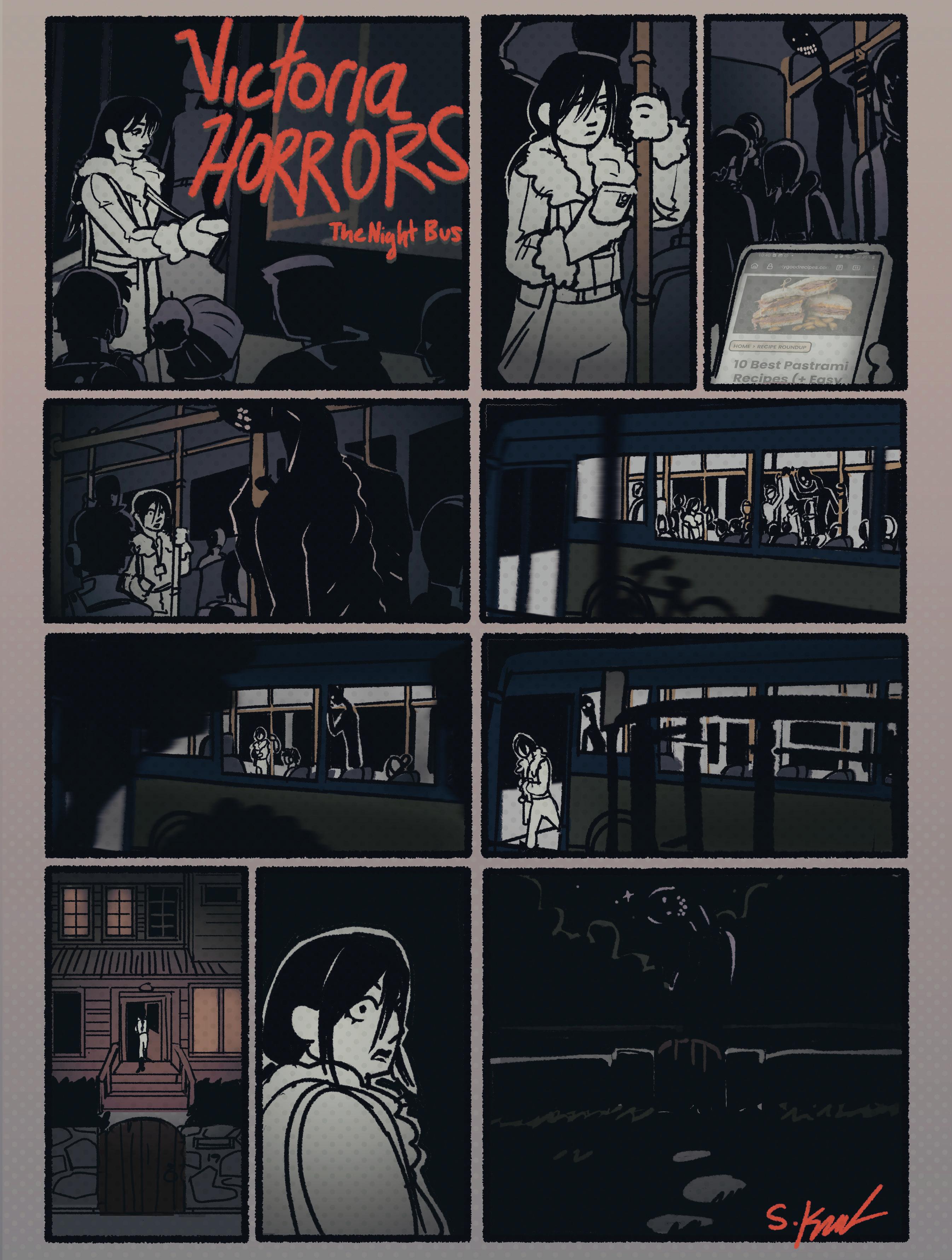
A Column by VUW International Socialists / ISO
Every Pride month, the world becomes swamped with rainbow merchandise and generically queer slogans like ‘love is love’. While some people welcome these affirmations as a show of support, others decry this as rainbow capitalism. But what does rainbow capitalism actually involve, and why do socialists believe it is not conducive to true queer liberation?
Rainbow capitalism (also known as rainbow washing, or ‘pinkwashing’) describes the way corporations use language or symbols associated with the lGBtQ+ movement—like the rainbow flag—to generate profit. Corporations hope that by presenting themselves as allies, they will gain the support of queer and ally communities, and that these communities will become their consumers, primed to buy all kinds of rainbow-themed merchandise.
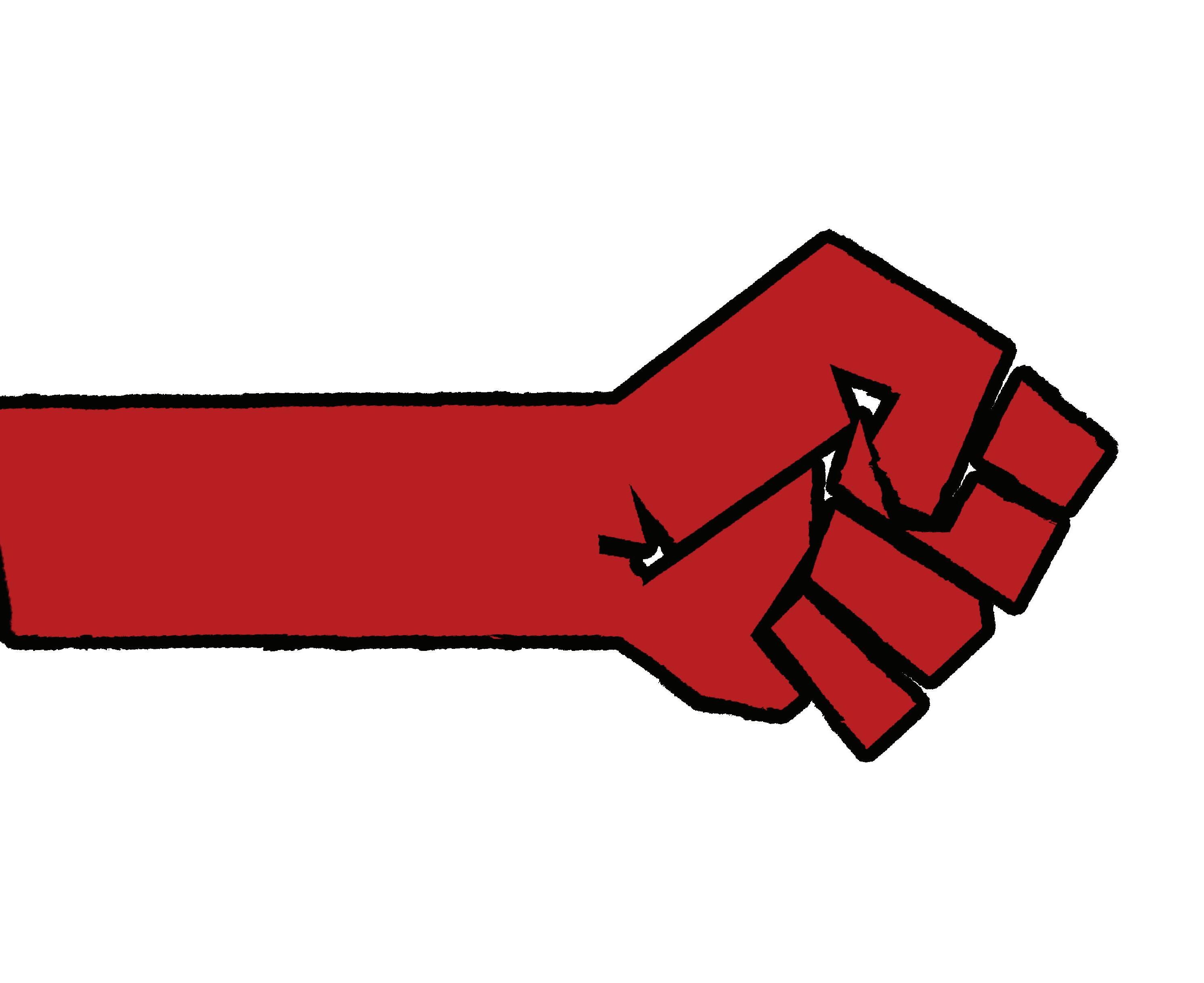

Critics point out that this is disingenuous because support for queer people is only extended as far as it is profitable. No corporations will actually risk their profits to support lGB tQ ia + causes; just look at the immediate roll-back of diversity, Equity and inclusion (dEi) programmes and support for lGBtQi+ causes among big corporations in the USA under Trump’s administration.
Some people disagree with this criticism and argue that, regardless of their motive, the presentation of corporations as queer allies is still a good thing. After all, the increased representation helps make queer relationships and identities more mainstream. This is all progress towards liberation, right?
Well, this depends on how you view queer liberation. Under capitalism, the movement for lGBtQ+ rights is centred around eliminating the barriers stopping queer people from living as
cis-gender, heterosexual people do. liberation is demonstrated by the achievement of goals like marriage equality and the right for queer couples to adopt children; in other words, by the alignment of queer lifestyles with conventional cis-het lifestyles.
While it’s important to celebrate all these reforms that make life easier for queer people, true liberation can only happen by recognising, naming and challenging the structures that link together and uphold our current system of capitalism. otherwise, oppression will always persist in one form or another. For instance, what about non-monogamous queer people, or those who don’t want to live in a nuclear family structure? Furthermore, being cis-gender and heterosexual doesn’t safeguard a person from other forms of oppression or discrimination, like racism, sexism, or ableism. As long as these forms of oppression go unchallenged, queer people will not be free simply by being able to mimic the lives of cis-het people.
To socialists, queer liberation is not just about individual freedom, but rather the dismantling of all exploitative structures; liberation for one person is not possible without liberation for everyone. This type of liberation cannot be achieved through the disingenuous posturing of rainbow capitalism. Instead, it requires a total re-imagining of social expectations and structures—and radical solidarity between all people to overthrow our capitalist system. What would it look like to live in a truly queer and liberated world? Come along to iSo and join us as we discuss and fight to make this better world a reality.

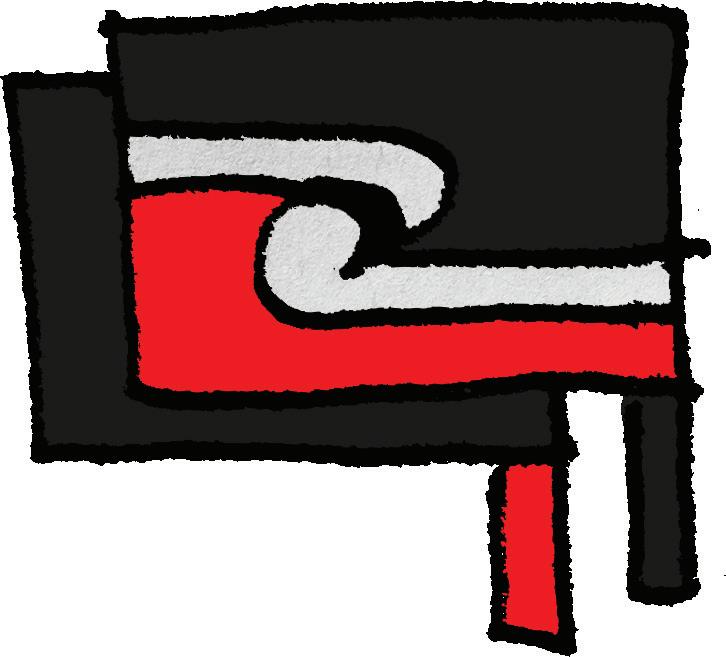
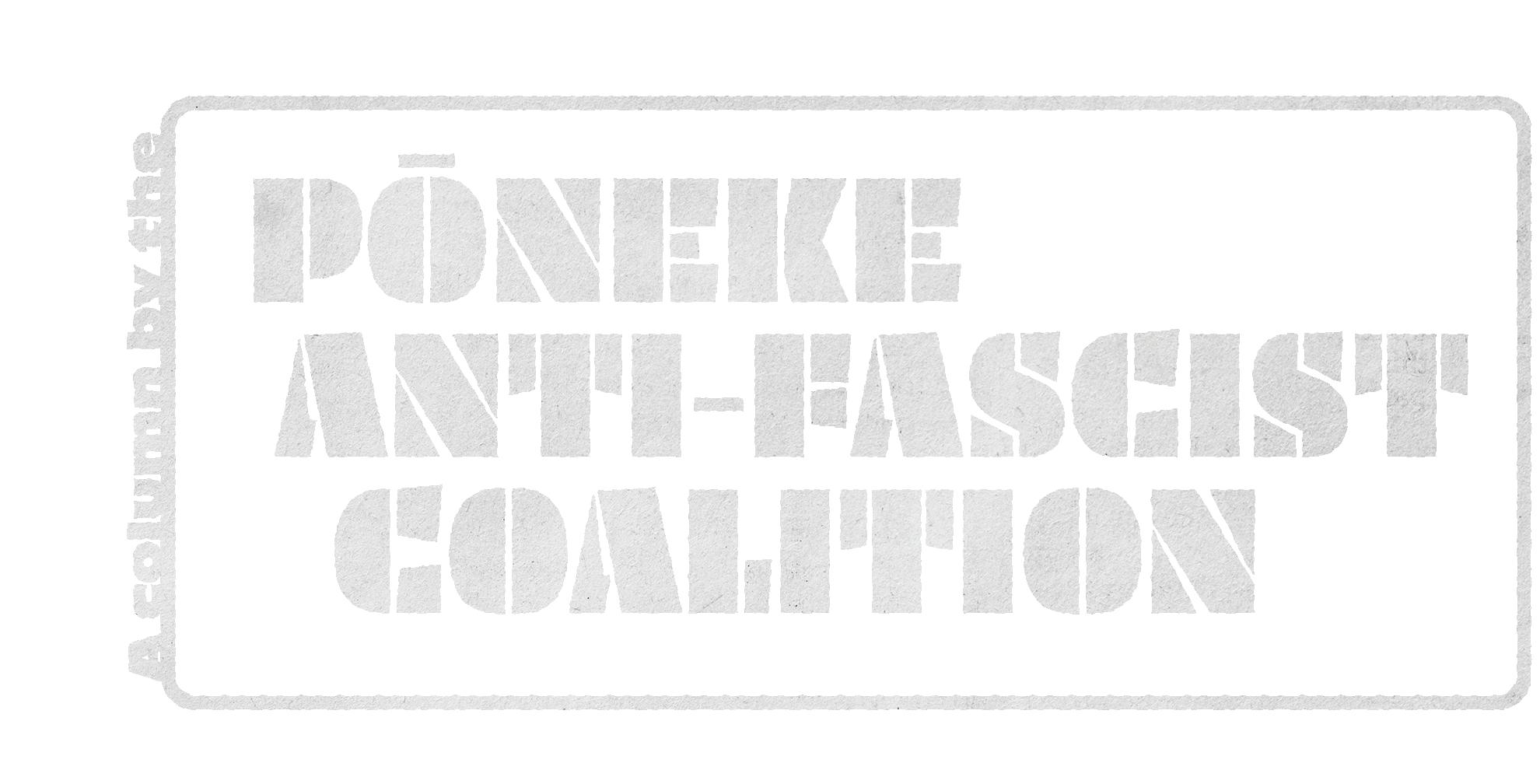
It goes without saying at this point: trans communities are under attack. Around the world, our lives have become central to escalating far-right “culture wars.” In Aotearoa, we’ve seen trans flags burnt on the street and politicians draft bills trying to define us out of existence. These efforts aim to instill fear, to push us to de-transition or to disappear. Trans people at the intersection of multiple marginalised identities, including trans women and trans people of colour, bear the brunt of this violence.
Why are trans people being targeted? a s decades of neoliberal capitalism increases wealth inequality and ecological breakdown, those who have hoarded money and power fear collective working class resistance. To divide us, they scapegoat vulnerable groups—like trans communities— whipping up panic and distrust.
Fascism feeds on binaries, demanding order and control. The idea of a gender binary, where genders are fixed and are determined by a person’s biology, was imposed in aotearoa by colonisers attempting to subjugate Māori. Today, fascist movements claim this colonial gender binary is natural and immutable. In this narrative, trans people are depicted as being unnatural and perverse, “gender ideologues” whose existence threatens the heterosexual nuclear family.
In reality, trans people threaten fascists because if the gender binary can be questioned, so too can every other hierarchy masquerading as destiny. legendary activist and Marxist philosopher angela davis put it best in 2020:
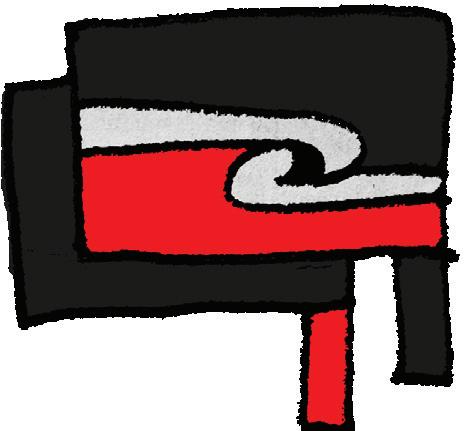
“I don't think we would be where we are today [...] had not the trans community taught us that it is possible to effectively challenge that which is considered the very foundation of our sense of normalcy. So if it is possible to challenge the gender binary, then we can certainly, effectively, resist prisons, and jails, and police.”
as trans folks in Pōneke anti-Fascist Coalition, we see trans liberation as inseparable from anti-fascism. Freedom for trans people cannot be won until all people are free—free from control over our bodies and identities, free to access healthcare without barriers, and free to live without fear of fascist suppression and violence. Fascism is capitalism’s desperate death grip, a last resort to crush the collective power of the working class. Fascists must not be allowed to march in our streets or spew their hateful rhetoric. We counter fascists not only to protect ourselves and our comrades from violence, but to ensure we have the space to organise together—to build a better, egalitarian, cooperative future.
If you are trans, please know that you are not alone. Trans people play important roles in anti-fascist and anticapitalist political organising, and you will find yourself welcomed into and able to contribute in those spaces also. our cisgender allies, too, recognise how critical solidarity is to collective liberation. In recent years, we have rallied together in our thousands across Aotearoa, standing up against transphobic attacks. Together, we will not stop fighting until all people are free to live without fear and oppression.
1 Processed meat (3)
3 "The Prince" writer (11)
8 Farmer from a classic nursery rhyme (3, 9)
11 German article (3)
13 Send, as payment (5)
14 Tact (9)
16 Play featuring a trio of witches (which sounds like a great time!) (7)
18 How pasta should be cooked (2, 5)
22 BS degree; Bachelor of ____ (7)
25 Acid dealer (7)
27 "The Spins" rapper (9)
28 "__ ___ know who i am?!" indignant pseu do-celebrity utterance (2, 3)
31 Actress Gardner (3)
32 Trail mix ingredient that is actually indigenous to Australia (9, 3)
34 Fast food offering, or a hint to the circled squares in this puzzle (3, 3, 5)
35 Since Jan 1. (1, 1, 1)
1 "Succession" and "The Wire," for two (1, 1, 1, 6)
2 Wi-Fi device (5)
3 "Never ____" Midwest Emo classic (5)
4 Casual sweatshirt I wish people wouldn't wear in public (6)
5 Small battery (1, 1, 1)
6 Finish (3)
7 old piano key material (5)
9 Nintendo avatar (3)
10 Composer Andrew ___ Webber (5)
12 With "Mi", Vietnamese sandwich (4)
15 Ear-related (4)
17 Member of a hive mind (3)
19 How students might turn in an essay (4)
20 "A Nightmare on ___ Street" (3)
21 How a fifth year student in the final trimester of their degree may be feeling (9)
23 1/12 of a foot (4)
24 Nigeria's currency (5)
26 Result in (4, 2)
27 Seasonal Mcdonald's sandwich (5)
28 Japanese retailer on Manners Street (5)
29 Egg cells (3)
30 opposite of "laurel" in a
2018 trend (5)
32 Parent (3)
33 U.S. health org. (1, 1, 1)

By Julia Corston
MAS,

Grace Clark (she/they) is a comics artist, illustrator and writer. Their work has been published in Voiceworks, Ratworld and Speck. They often draw on memory, fairytales, horror, and surrealism. This piece is taken from a gay little comic about a vampire who eats more than she’s meant to. Grace is currently working on an experimental graphic novel full of animal tricksters and body horror. You can find more sketches and work @venusandmonday on Instagram.

I’m going to give you instructions: 1. Go to class. 2. Go to supermarket. 3. Change your sheets.
When’s the last time you had a STI test? Sexual health is cute when you take it seriously. Go get one.
Maybe an iced oat latte with a vanilla shot? The Lab has many options for you, young grasshopper. Take opportunities and run with them like knives.
Bro (Gender Neutral), let loose. Go find a dog being walked on the waterfront and ask to pat it. What a nice idea.
You’ve been feeling a little funky fresh lately. Keep it up Monarch (Gender Neutral).
Your animal may be a lion, but this week you will feel like a sea slug. Nibble on some greenery. Float in the tepid waters of life.
Do your best butterfly impression this afternoon. Sometimes we all need to flap our colourful wings.
This week, write fanfiction about the orange voting man and Pak ‘n Save’s Stickman. I promise it will help clear your mind, and your troubles will ebb away.
The backrooms of Kelburn campus are calling your name. Get lost in the basement of the Student Union building. There are lovely monsters down there.
Don’t be like my mother. Interpret that however you want. Be free.
Block your ex.
Take a risk, make a move on that cancer. He’s into you, I promise! If not, you can have intellectual conversations without having to make out with tongue.
7.30 – 11 i te pō | Kuhunga utukore
Manu Tiori
AJA
Kōrero motuhake
HE KAUPAPA
WAKA
Ko Te Rawhitiroa Bosch
rāua ko Tiki Taane

Kaituku Puoro
MAURI AURA
Kōrero motuhake
NGĀ KŌRERO MŌ
TE TIRITI
Ko Riana Te Ngahue
rāua ko Te Wehi Wright
WHAKAOHO I TE REO TUPUNA
Ko Tākuta Awanui Te Huia
NGĀ WAIATA
Ā-IWI ME NGĀ
WAIATA MĀORI
TE PEITA ME
TE WHAKAHOU KĀKAHU
Mauria mai ōu ake
TE KONIAHI TE HOKO WAIPIRO
tepapa.nz/afterdark